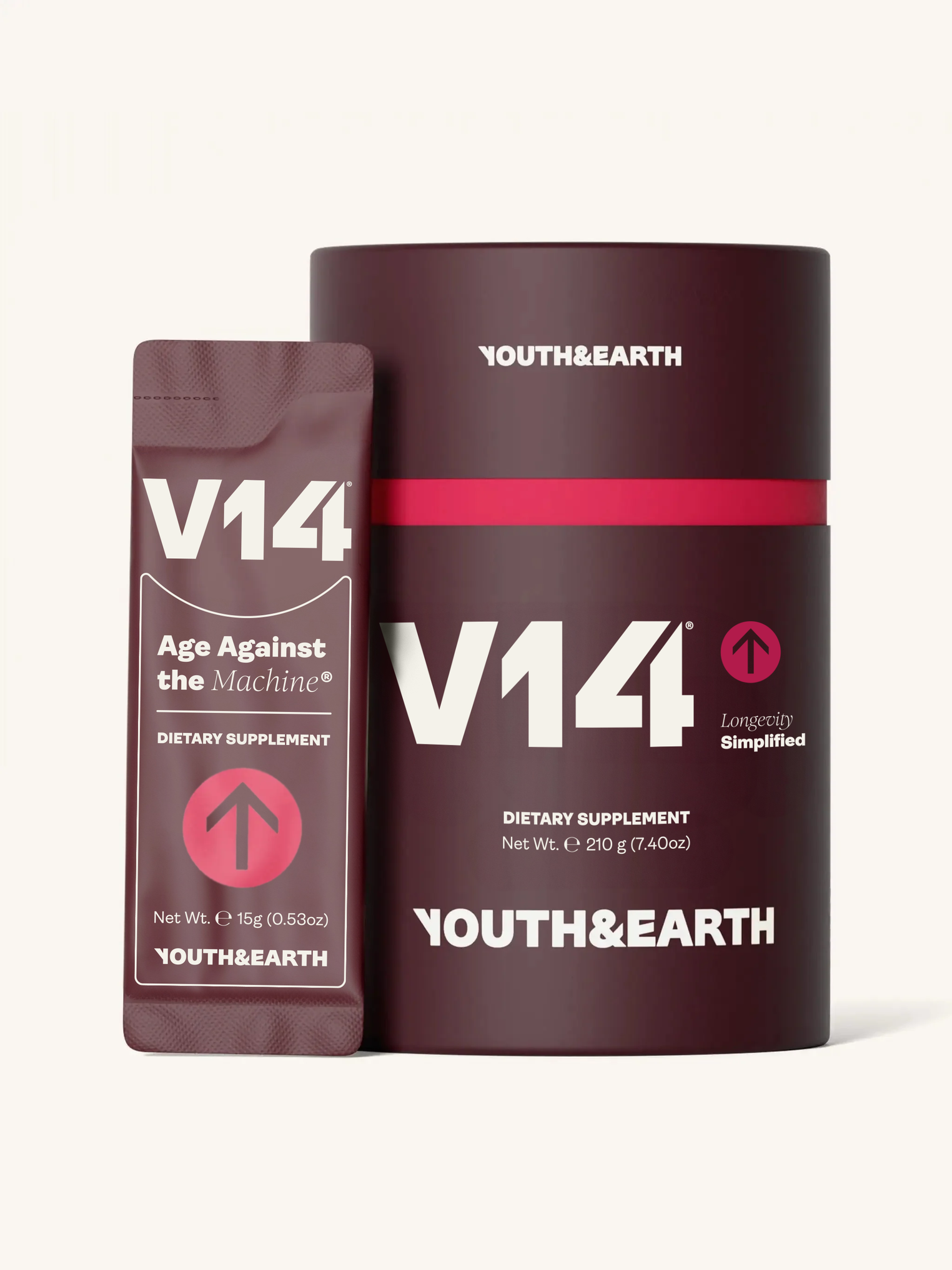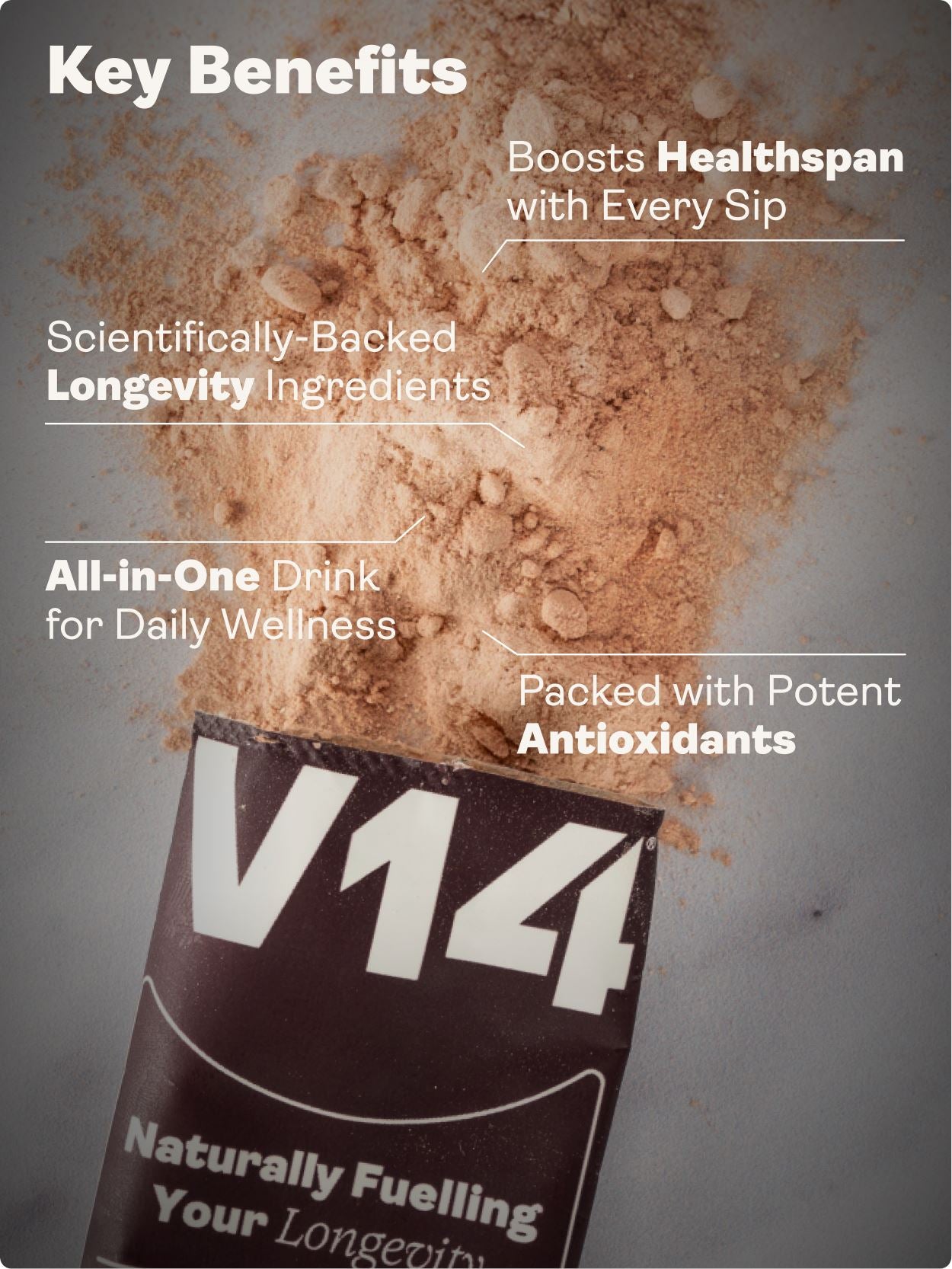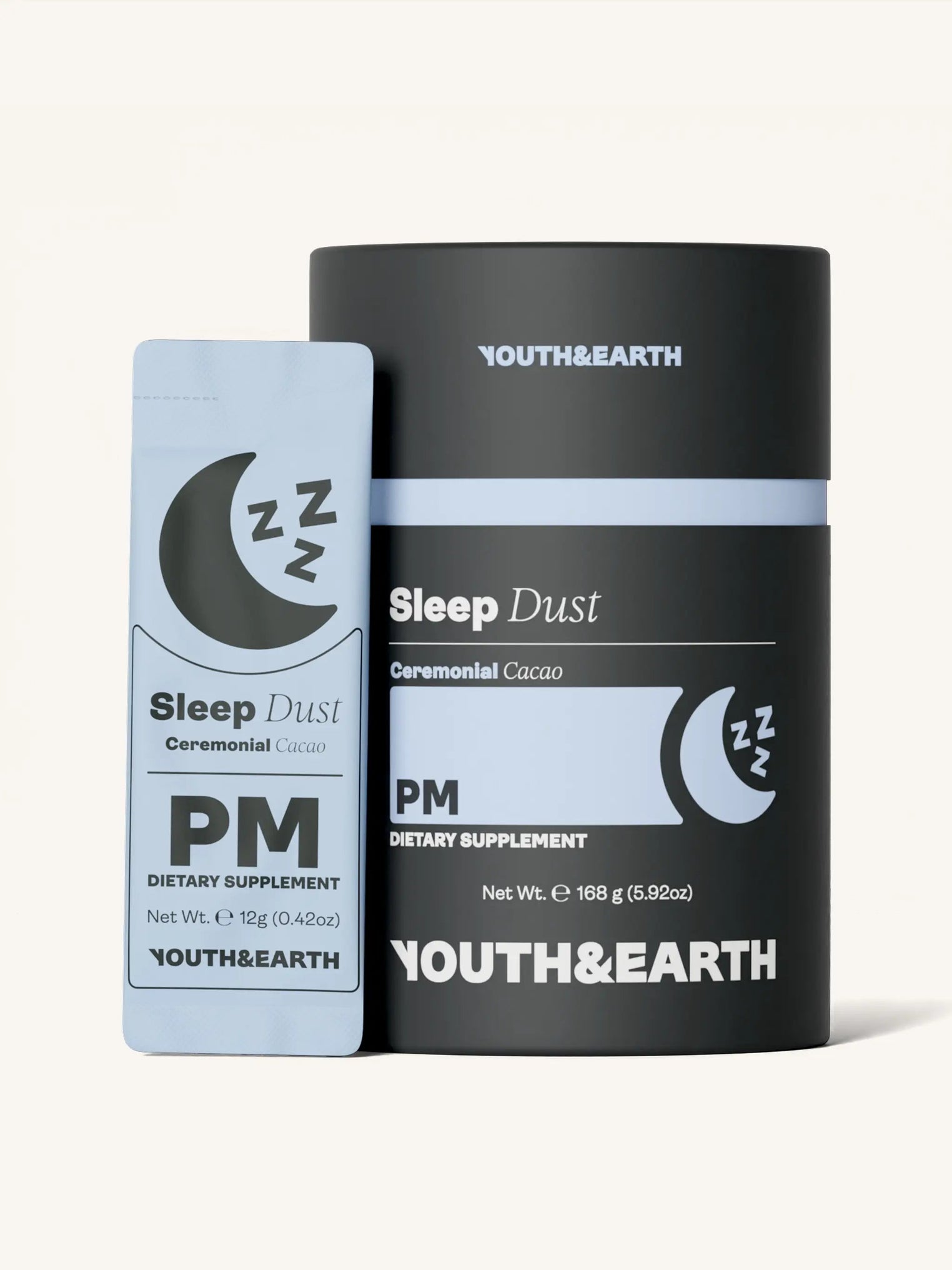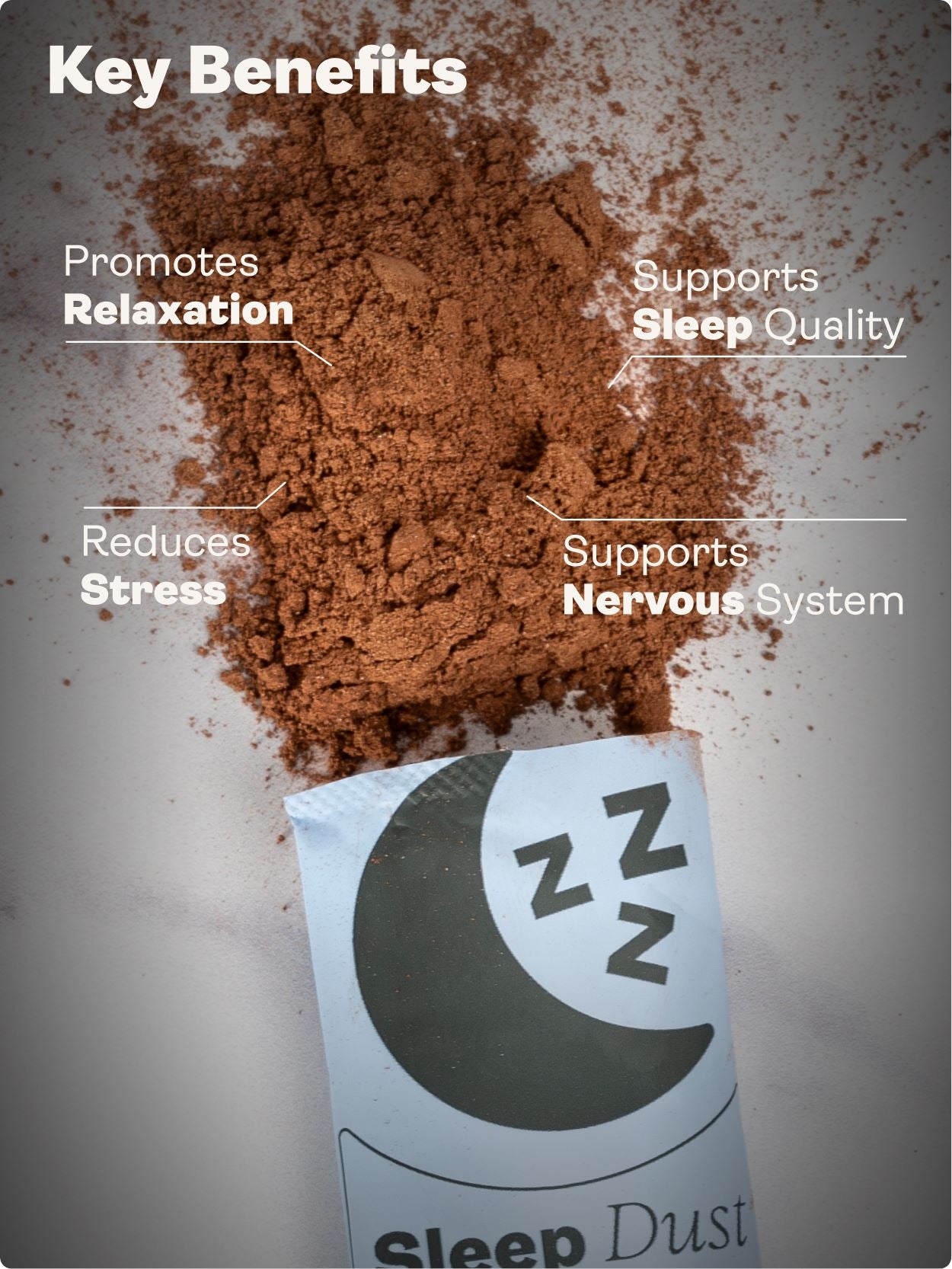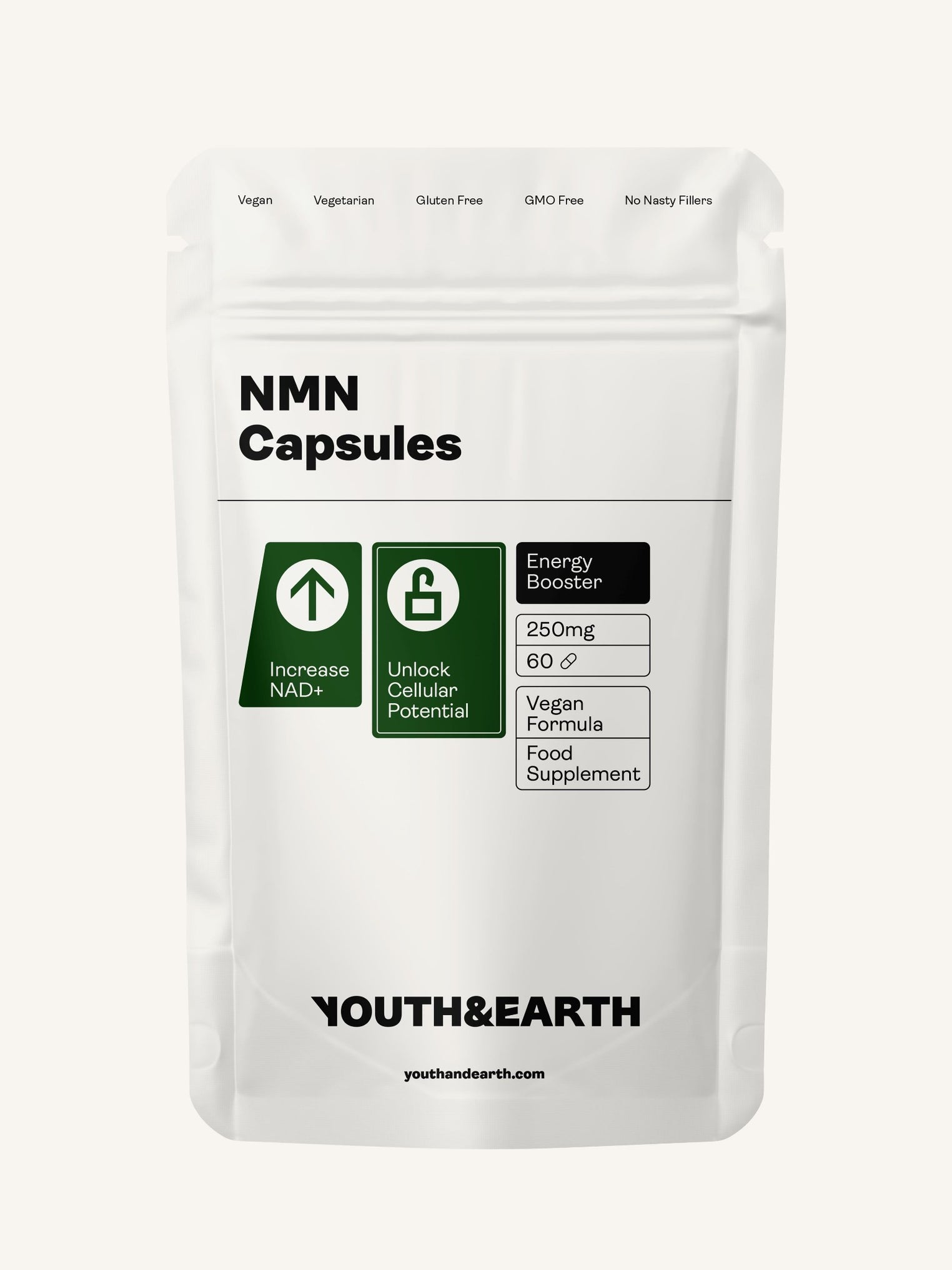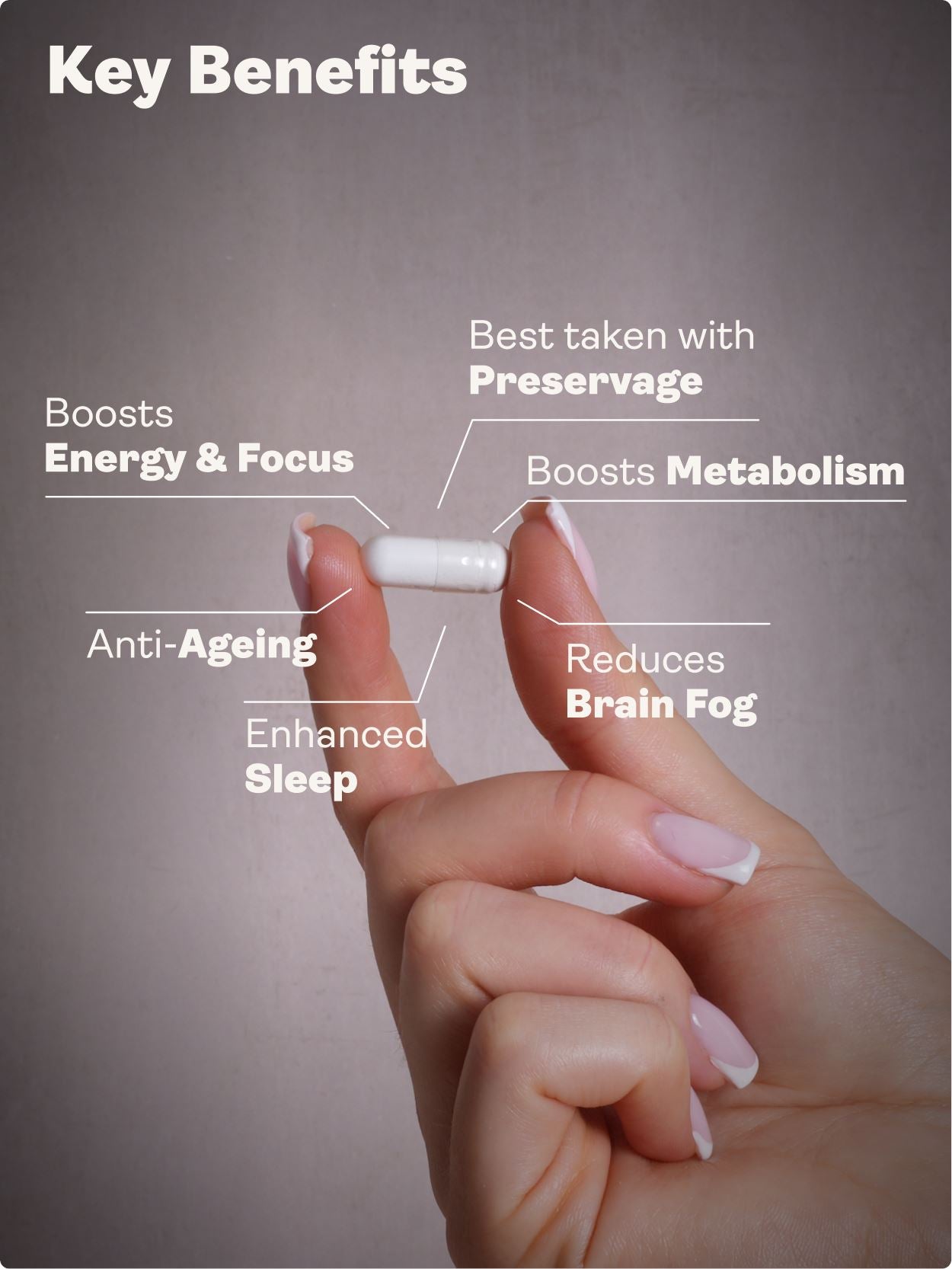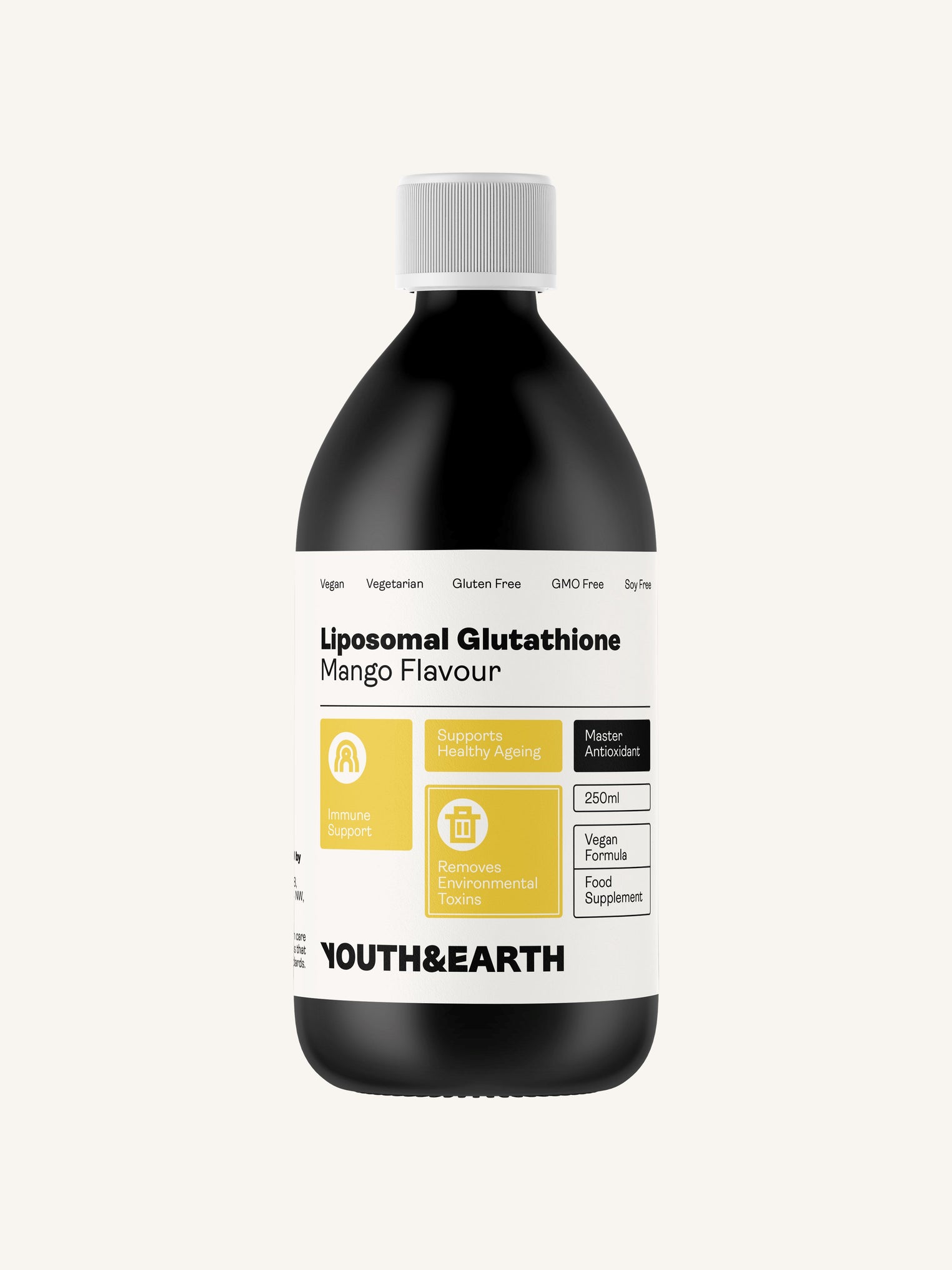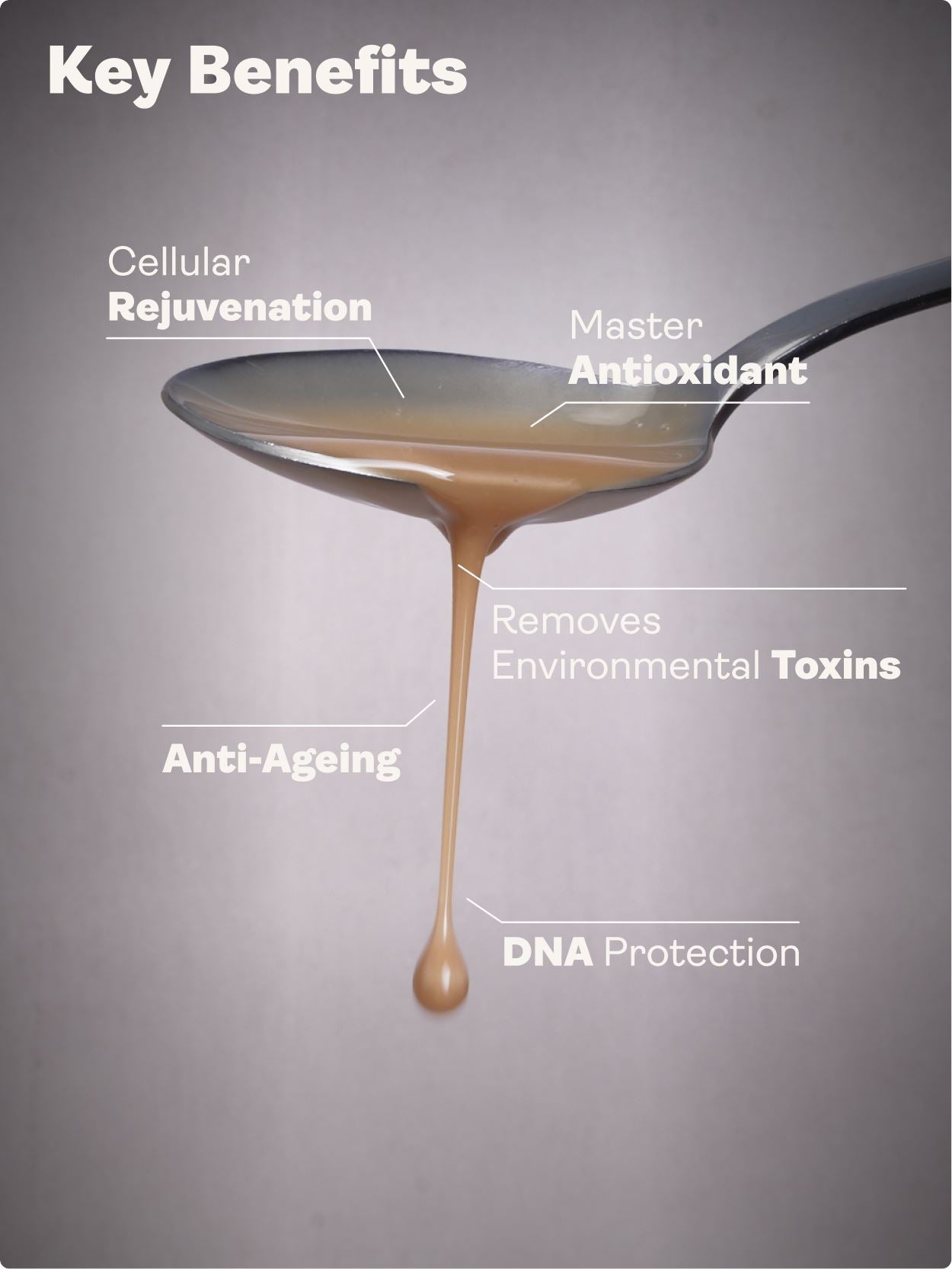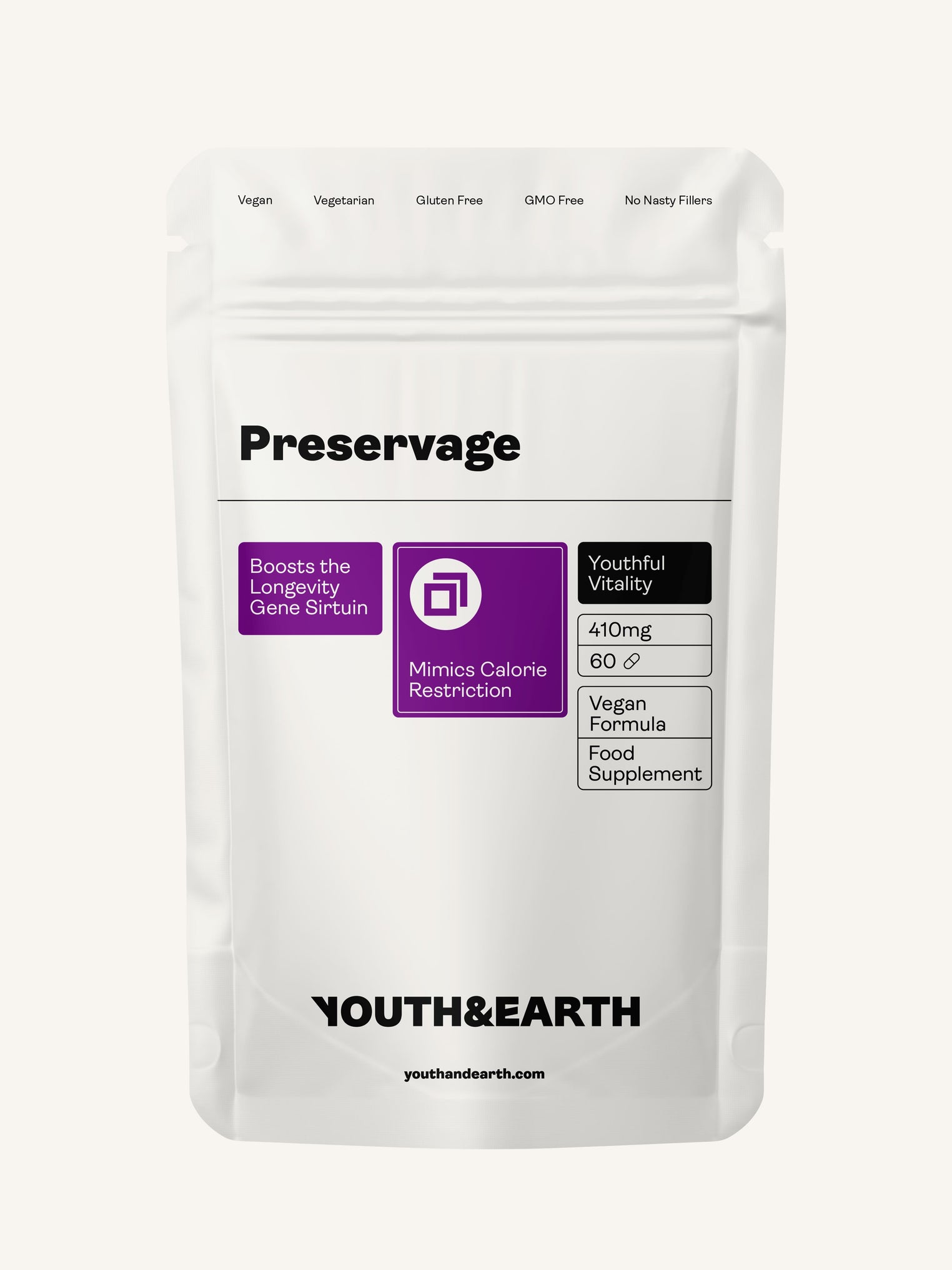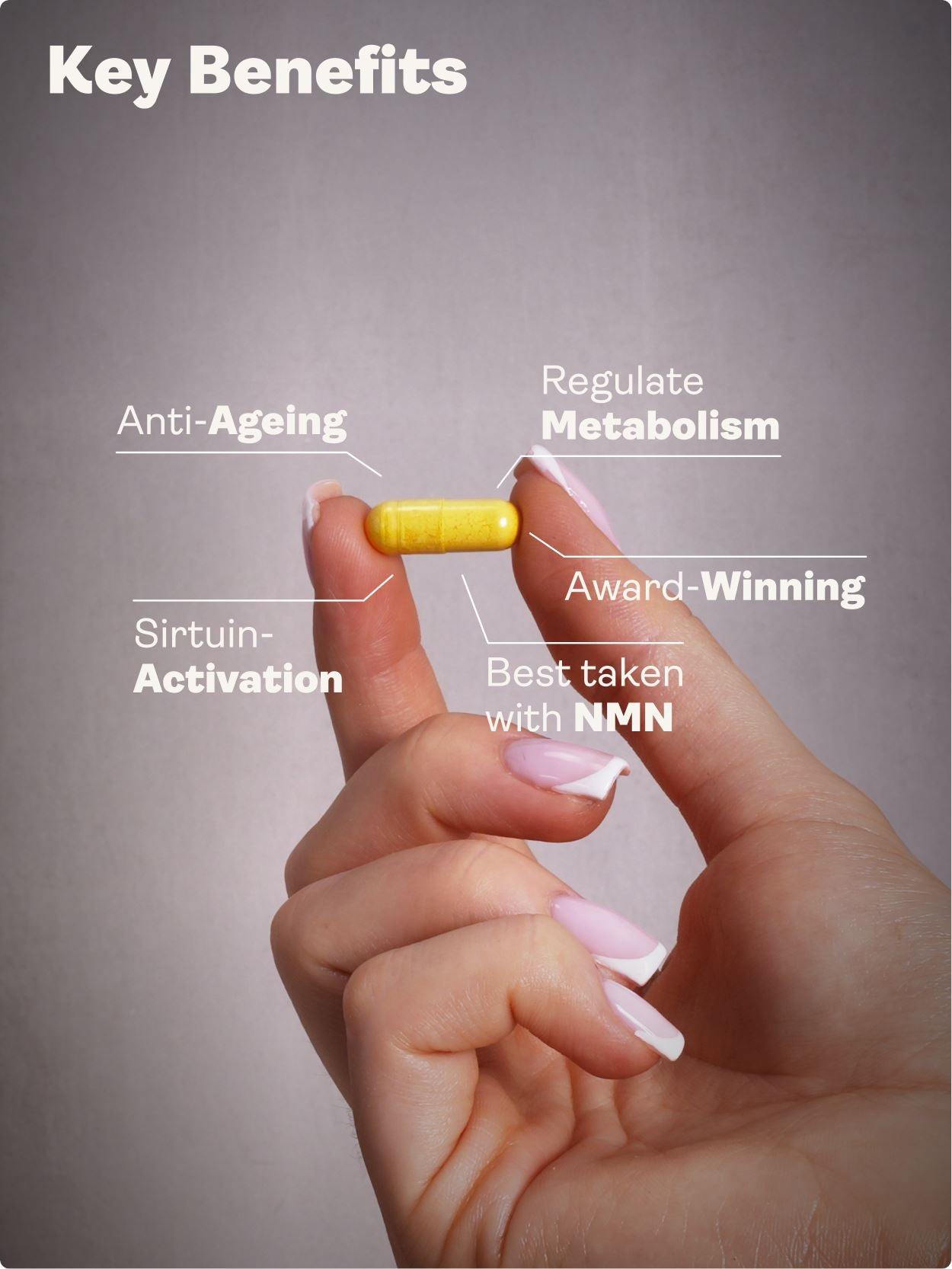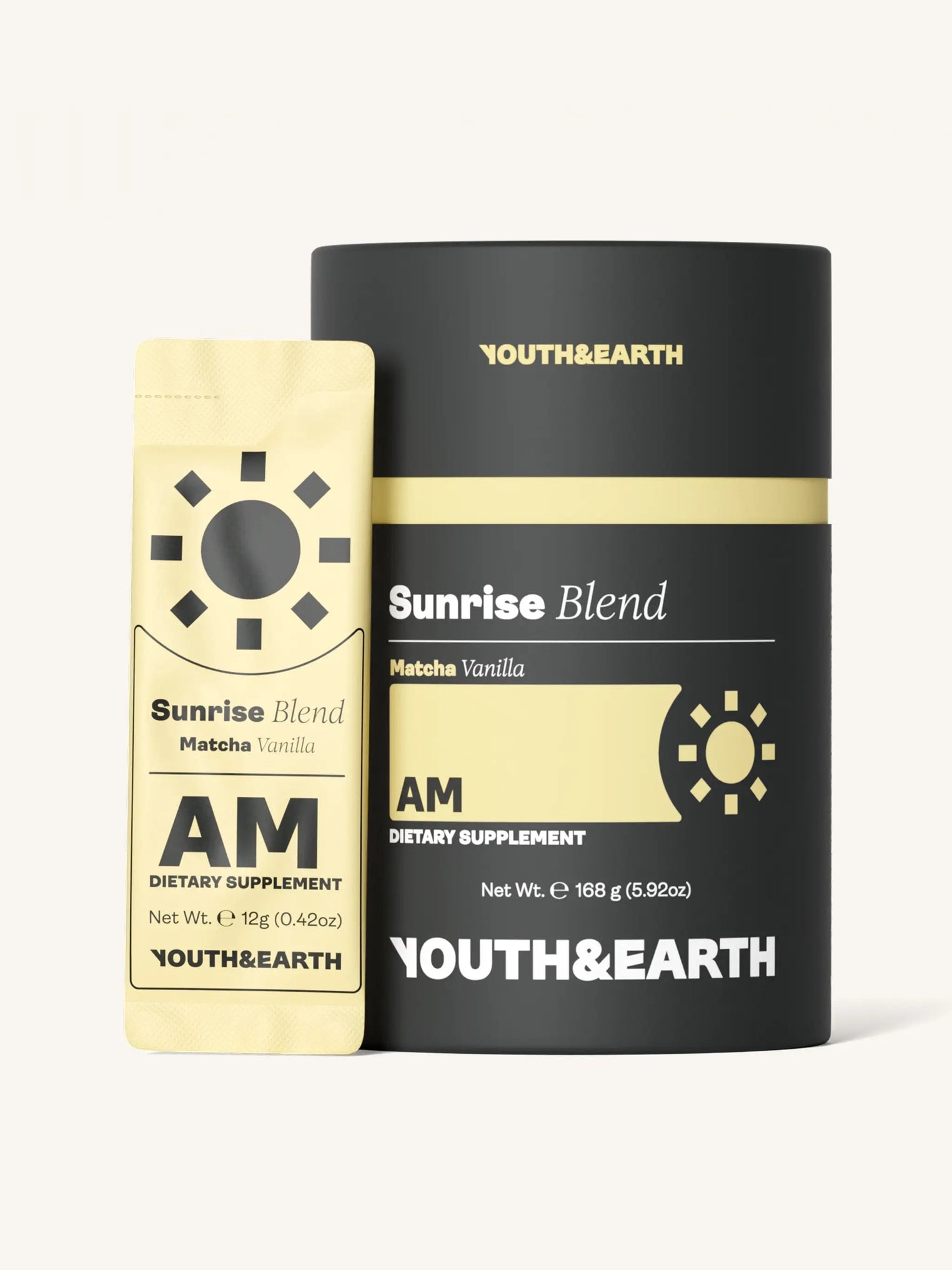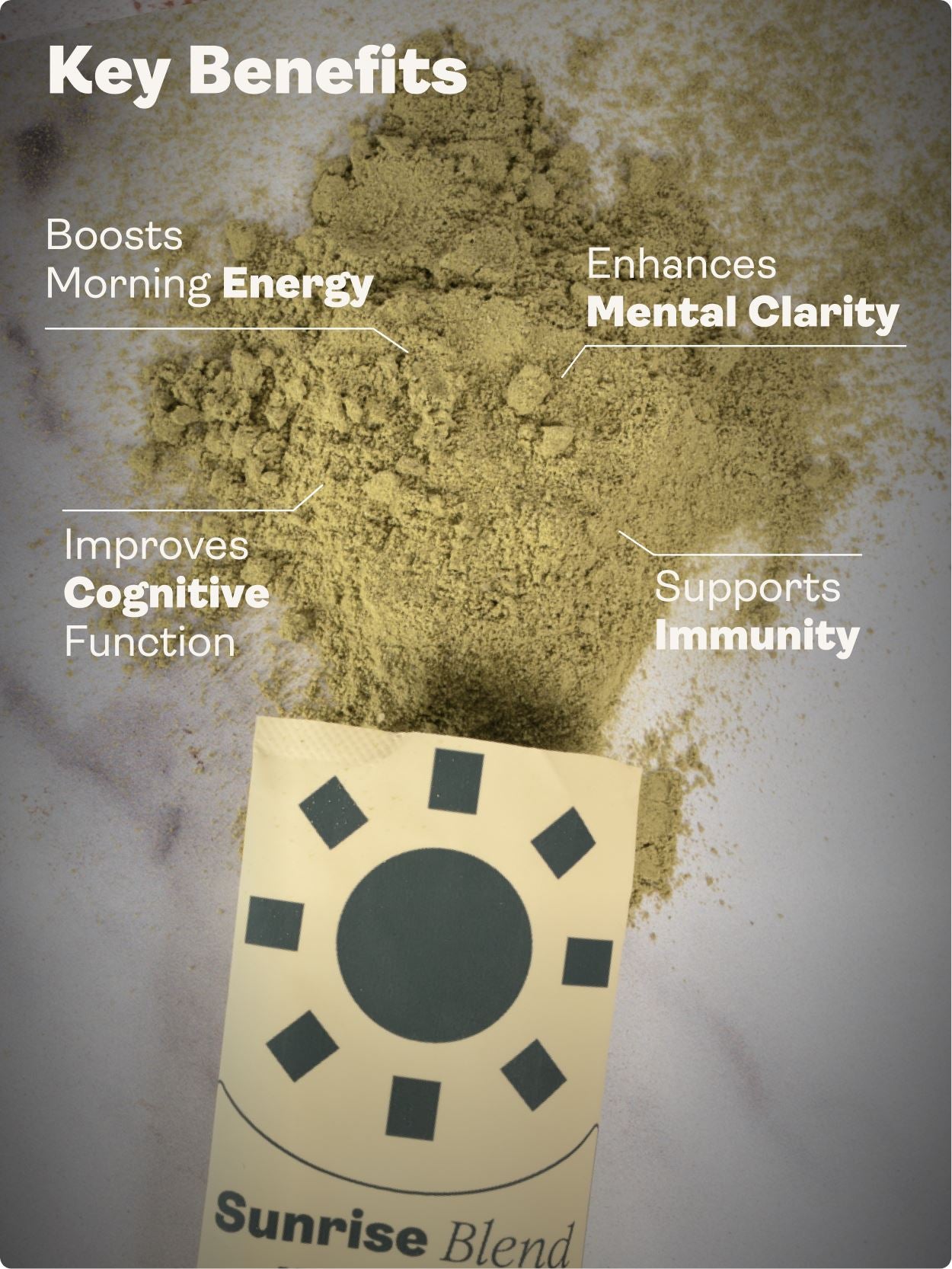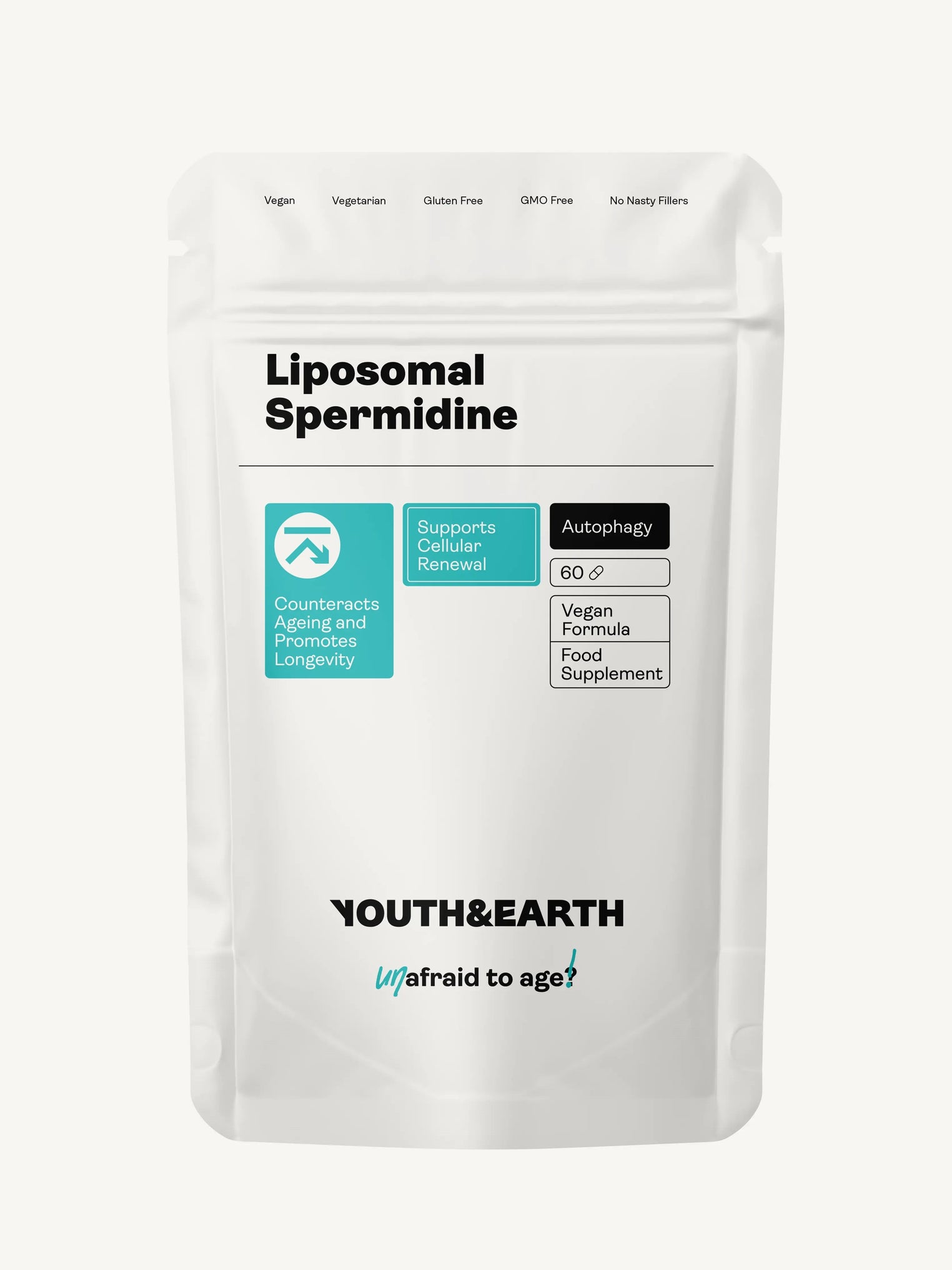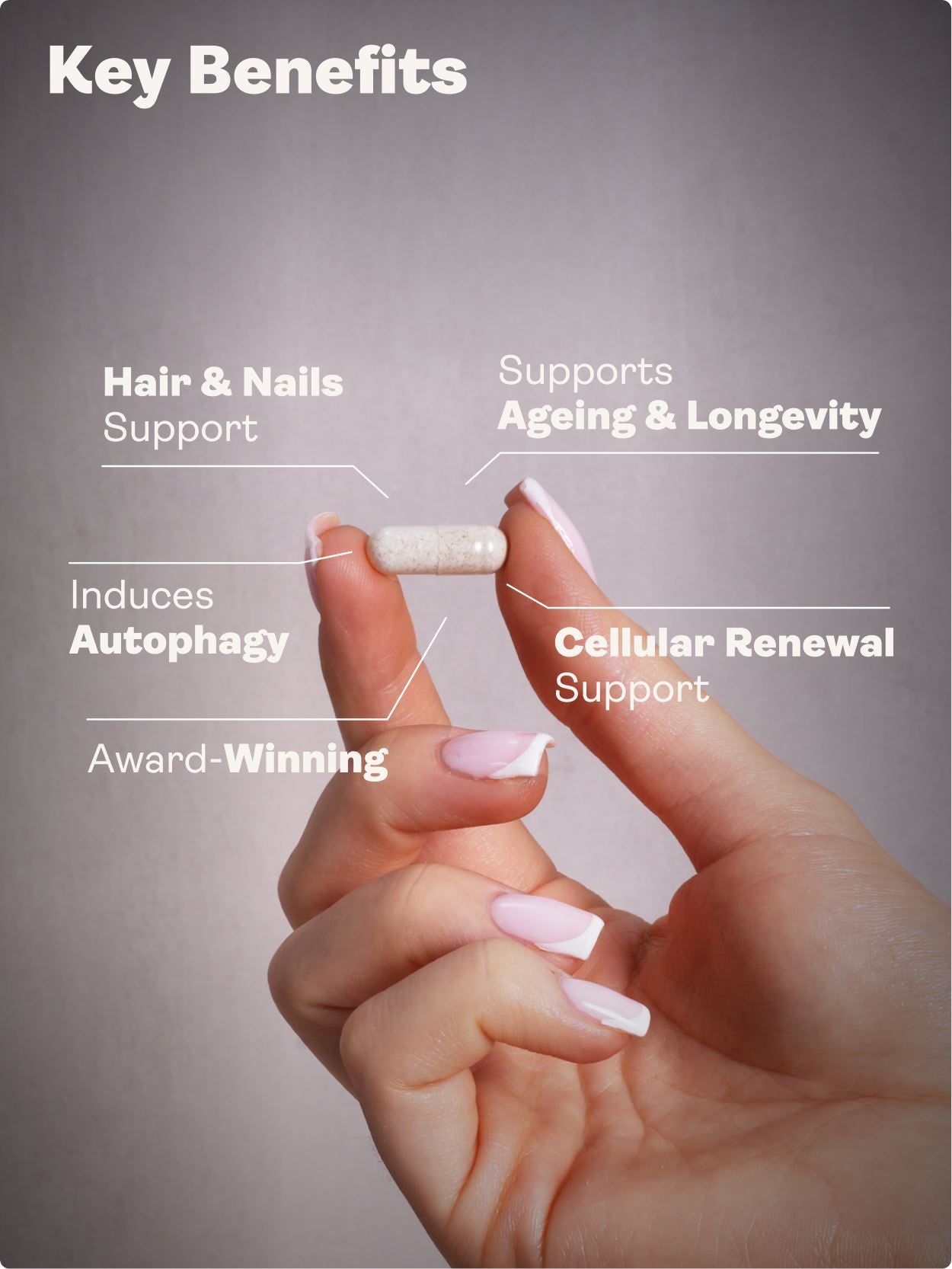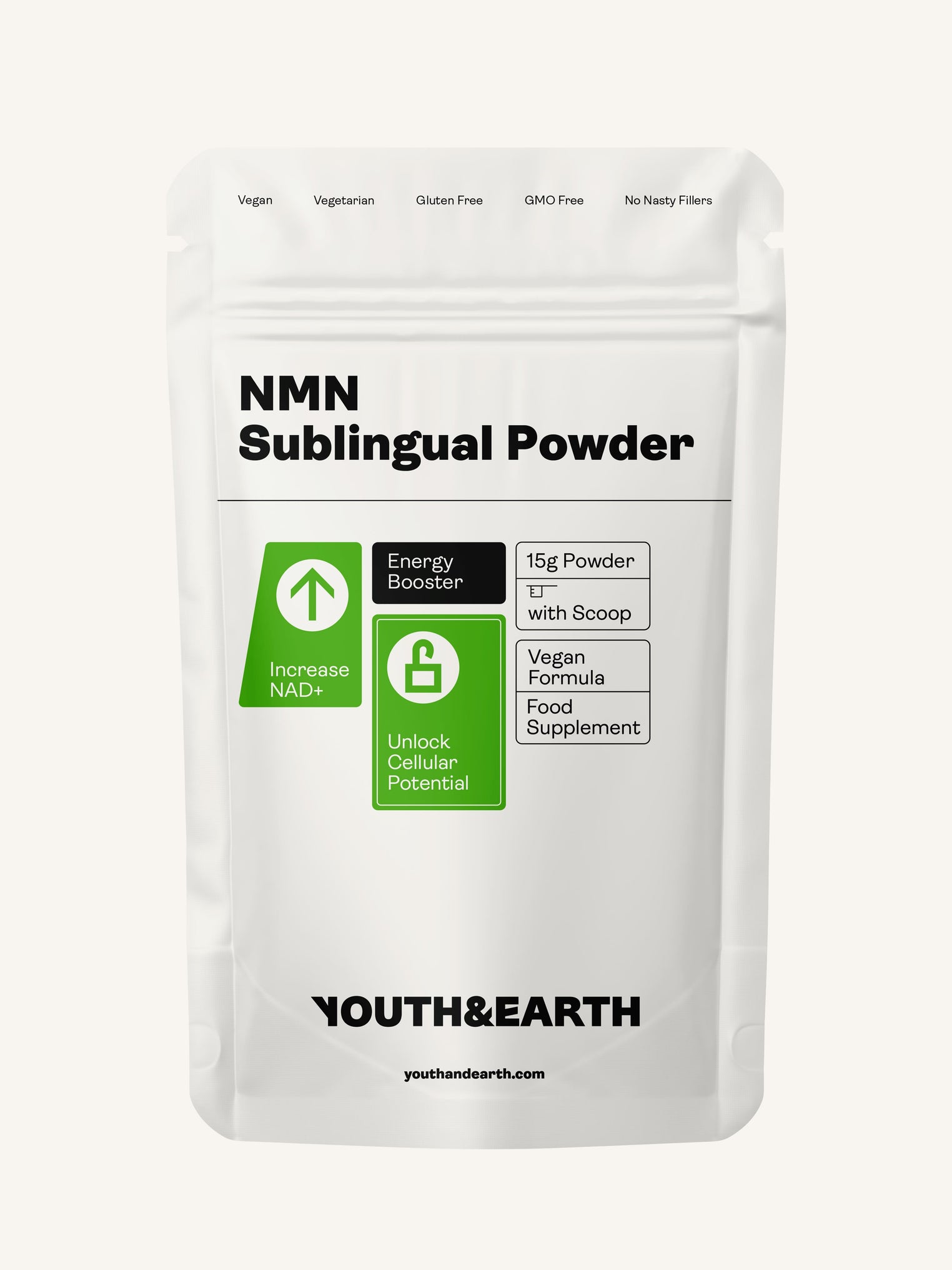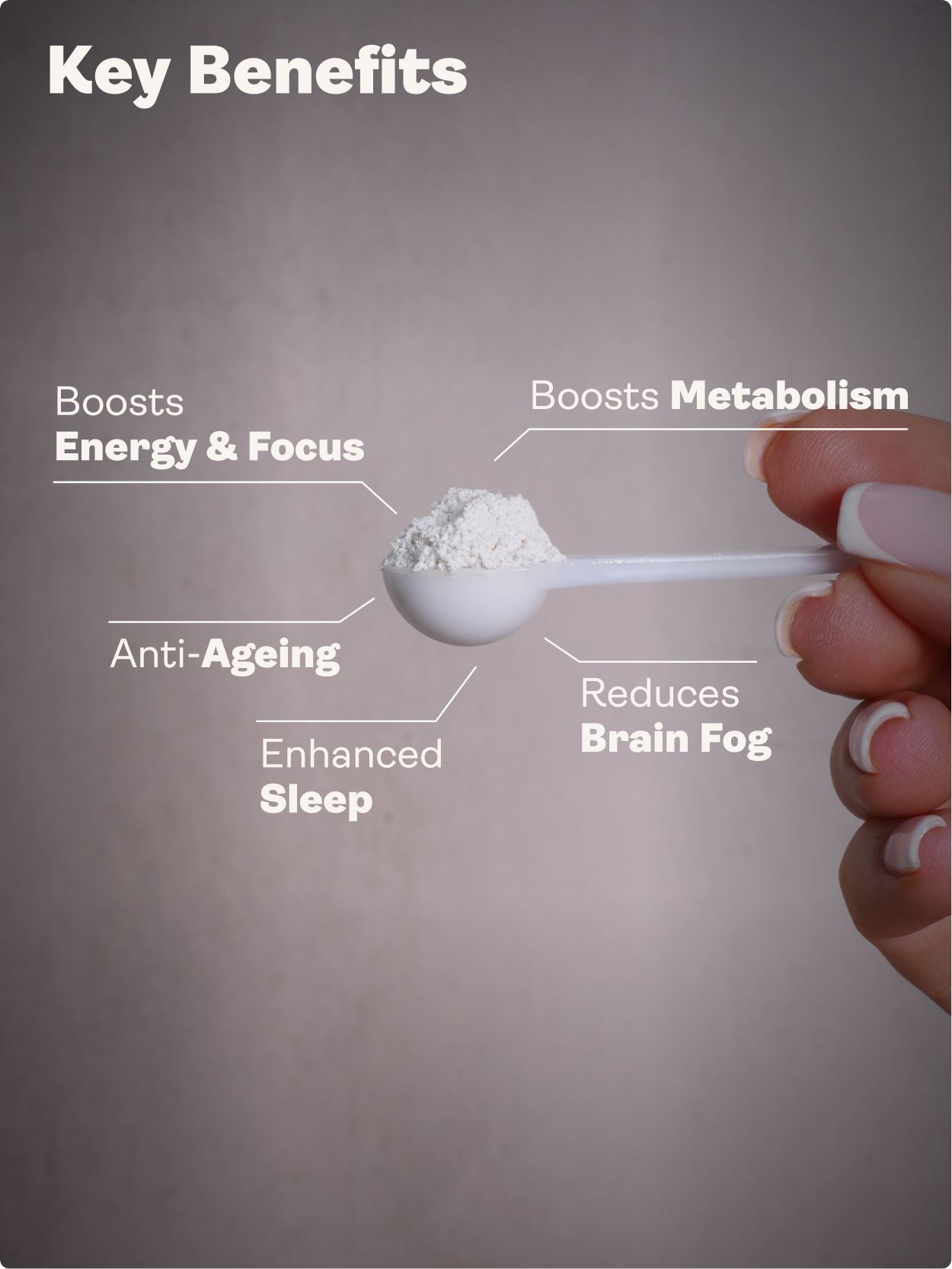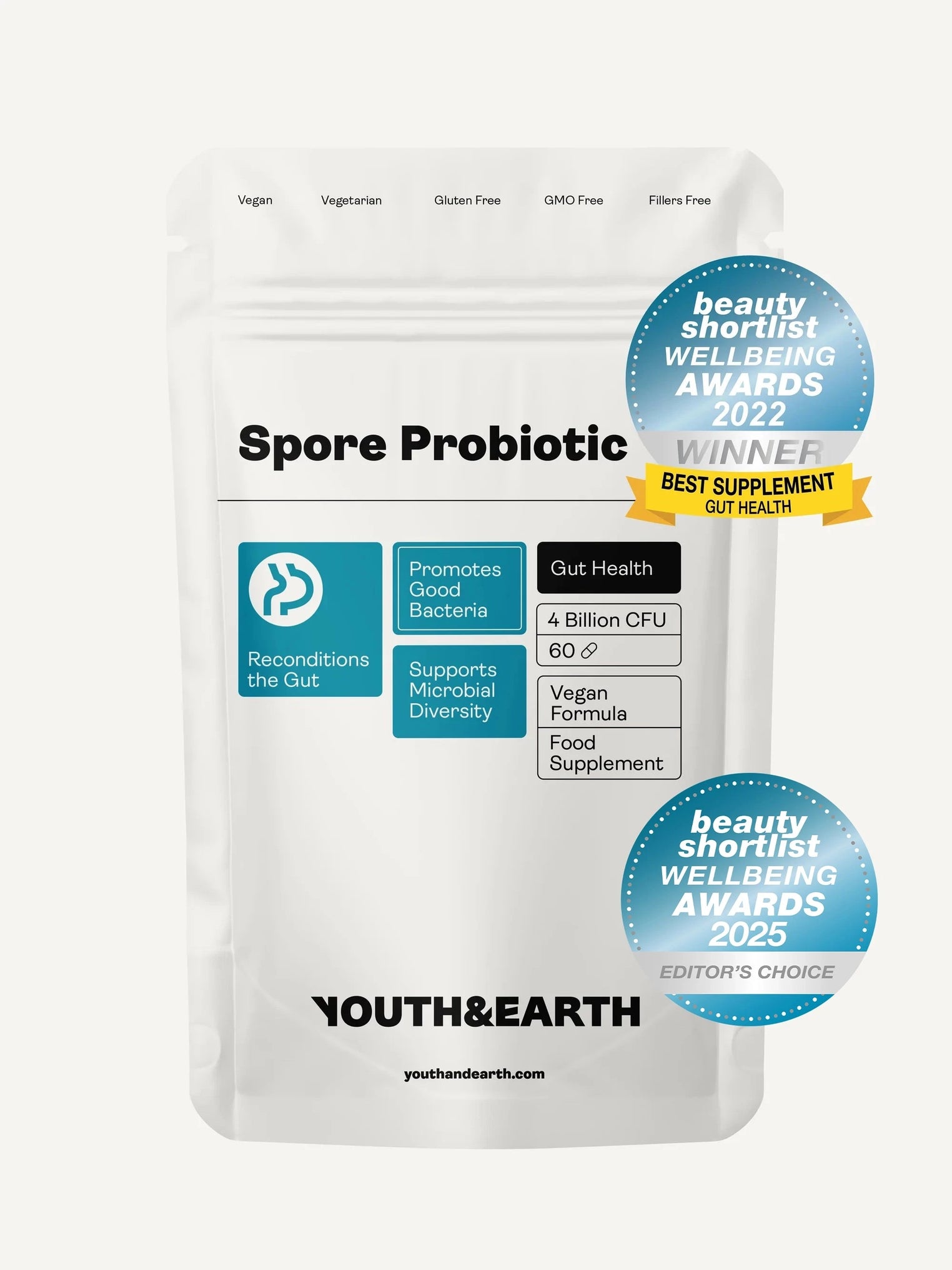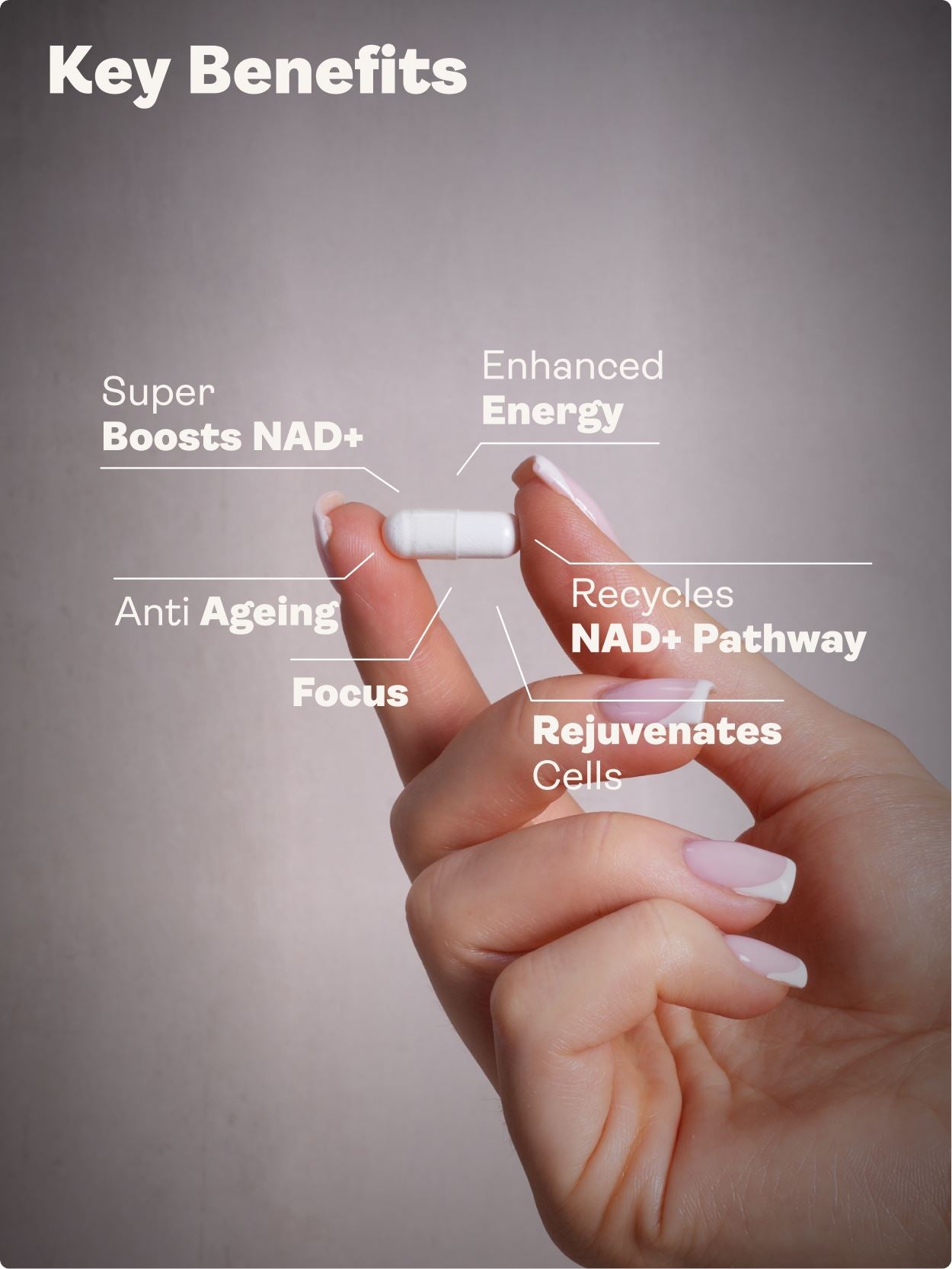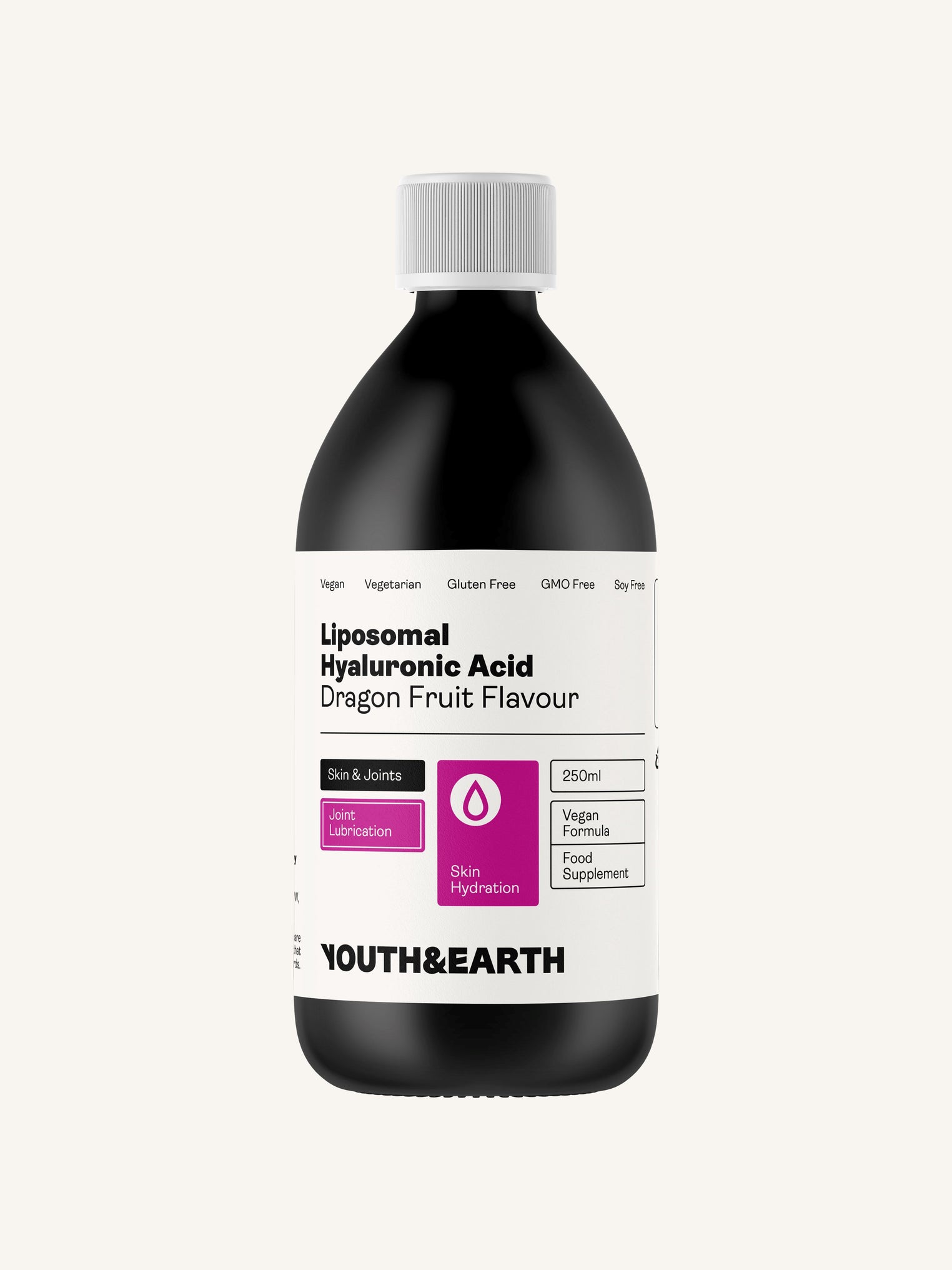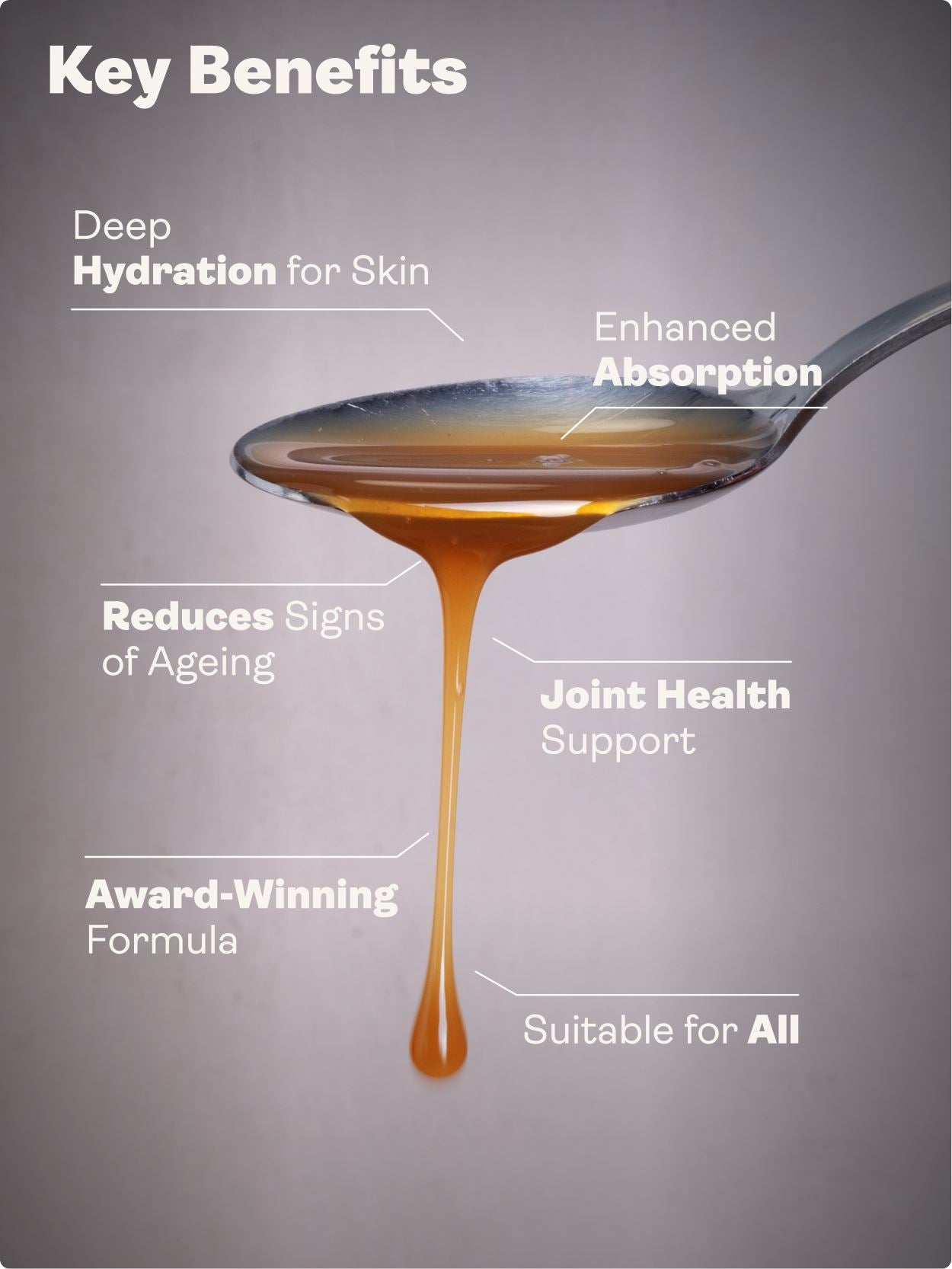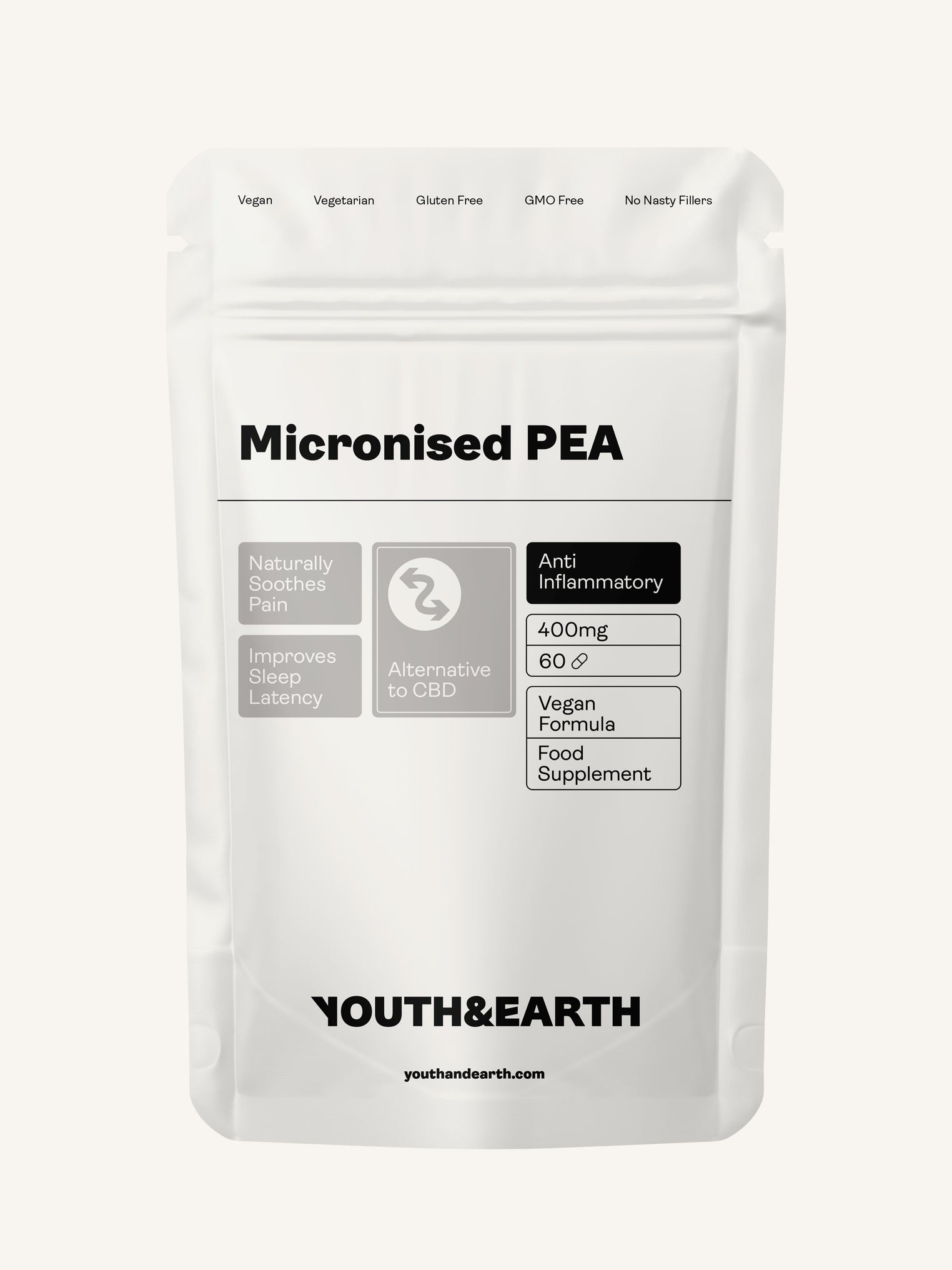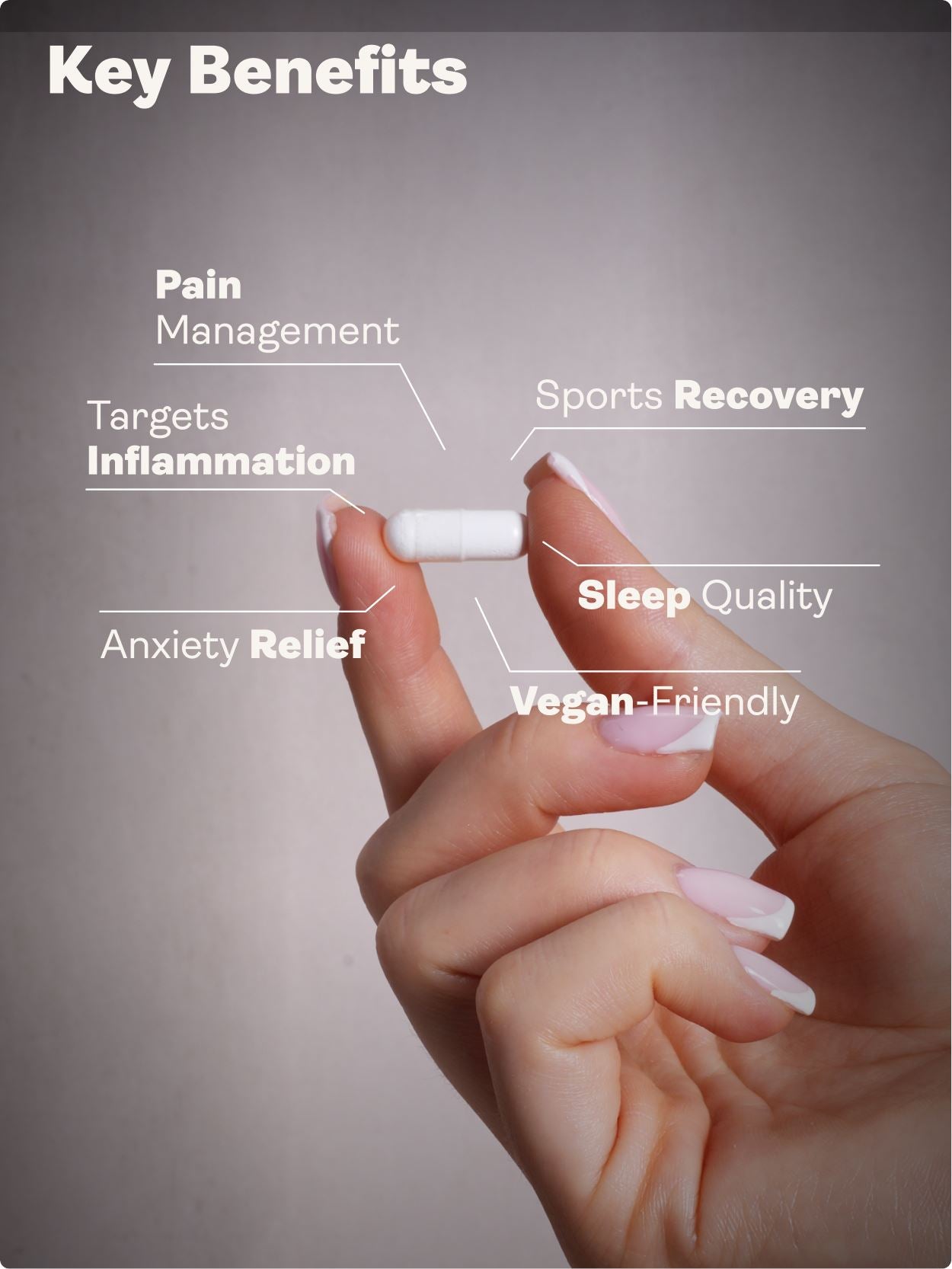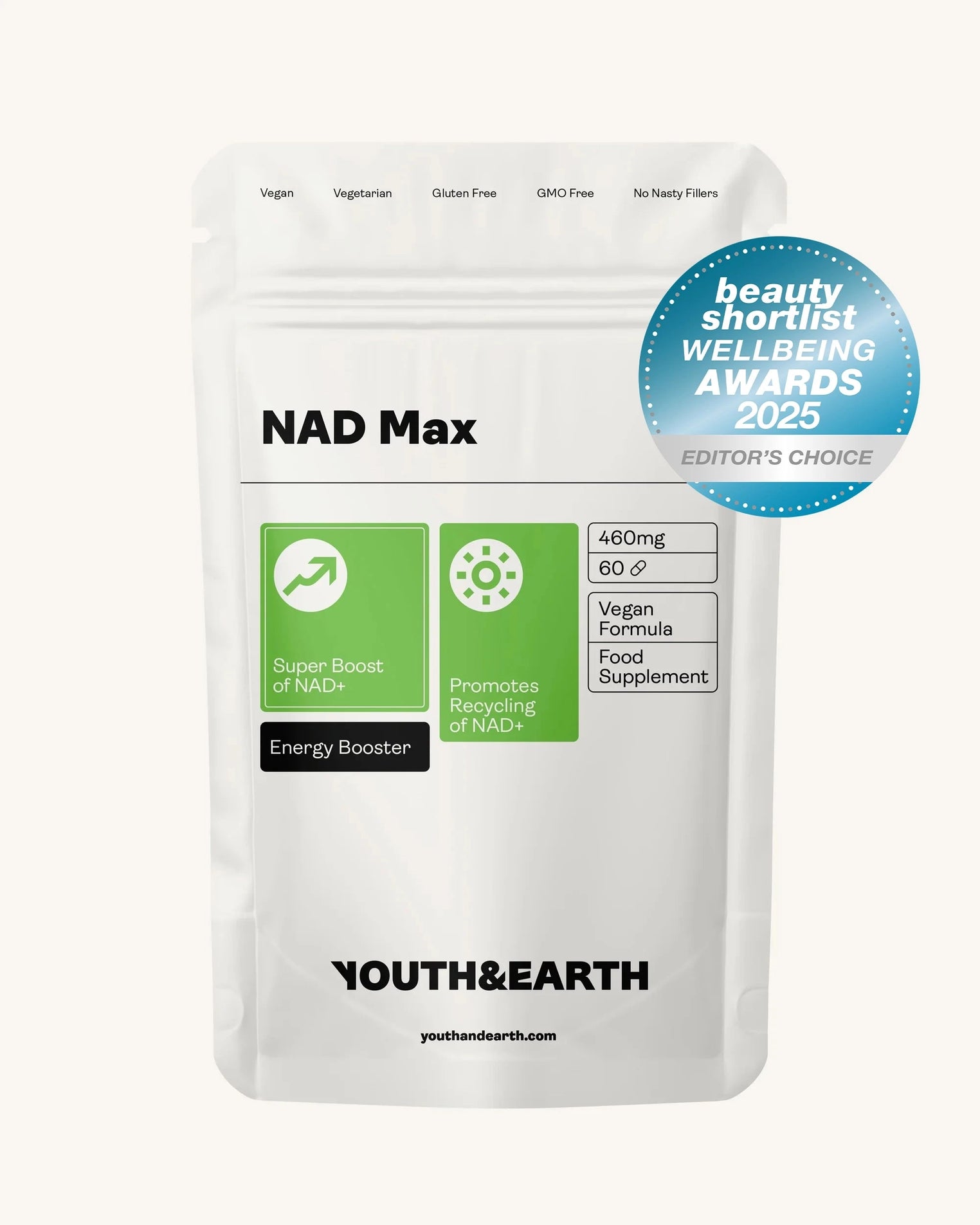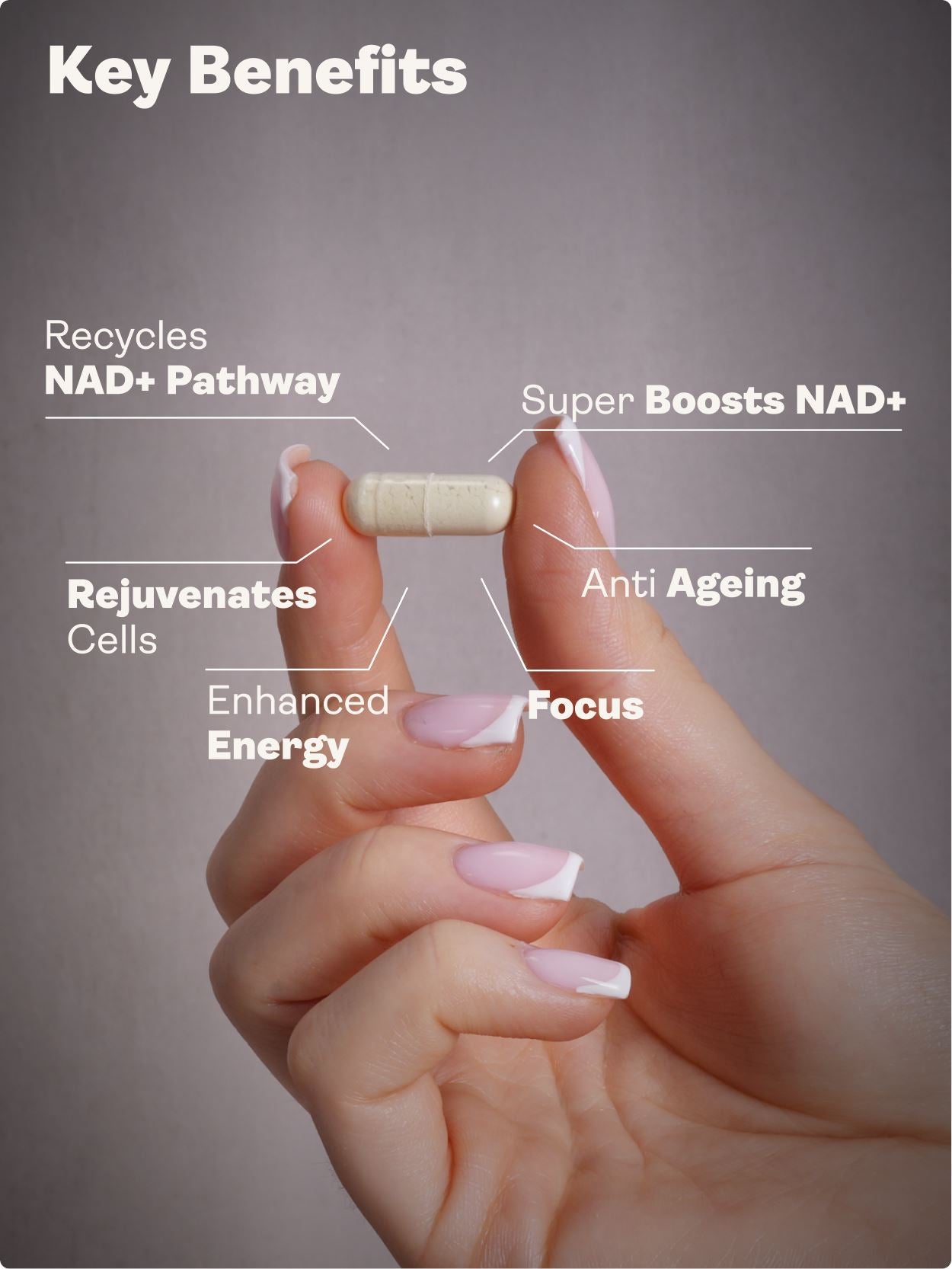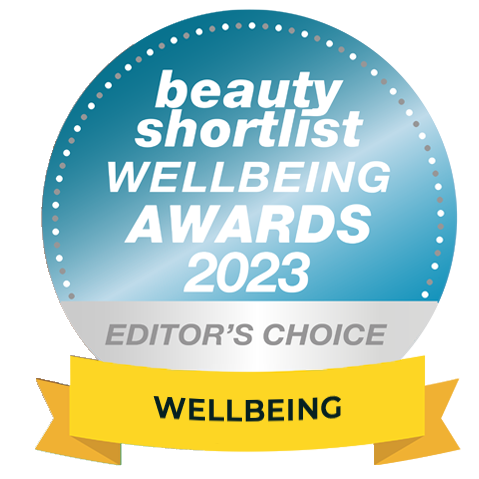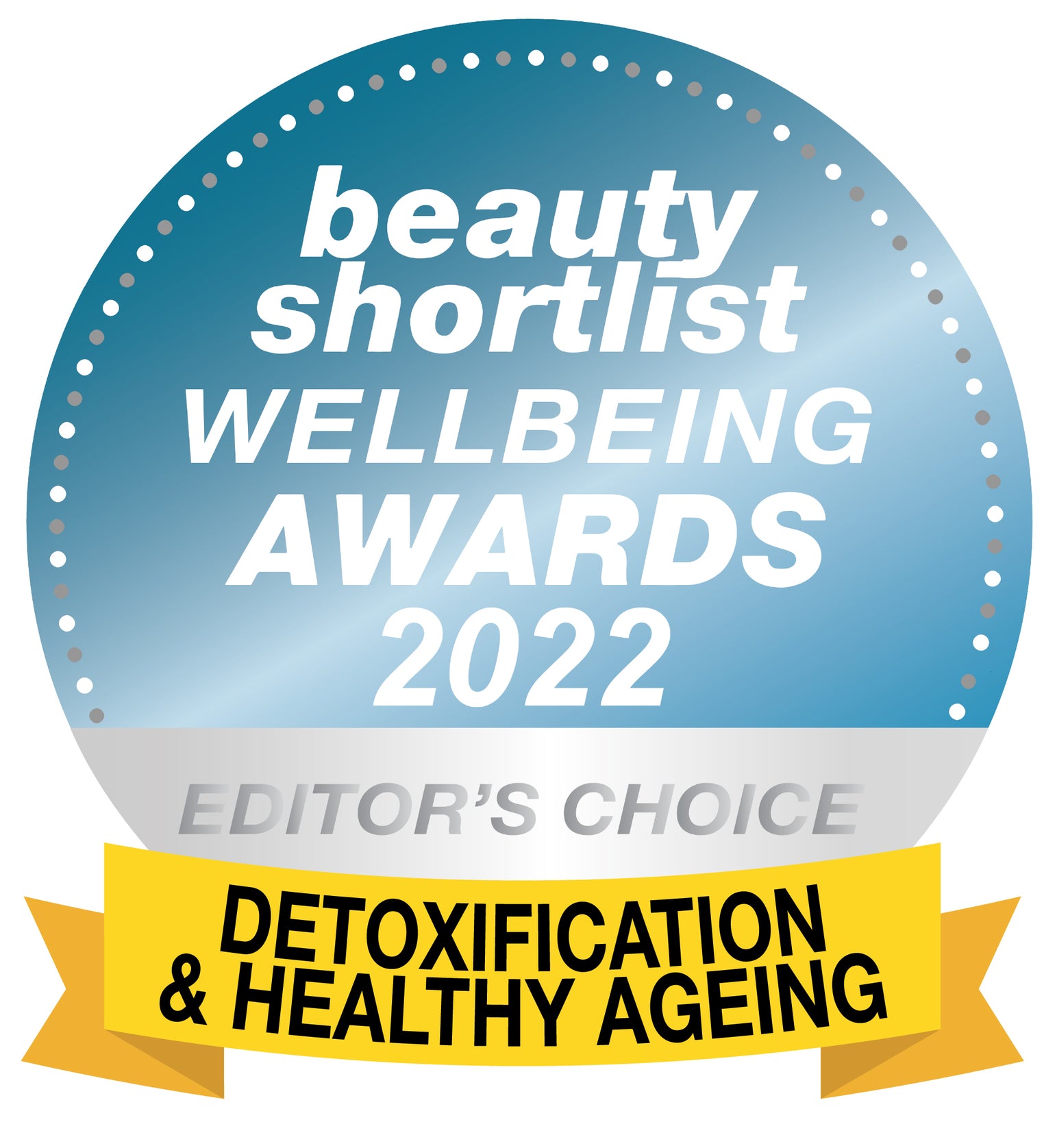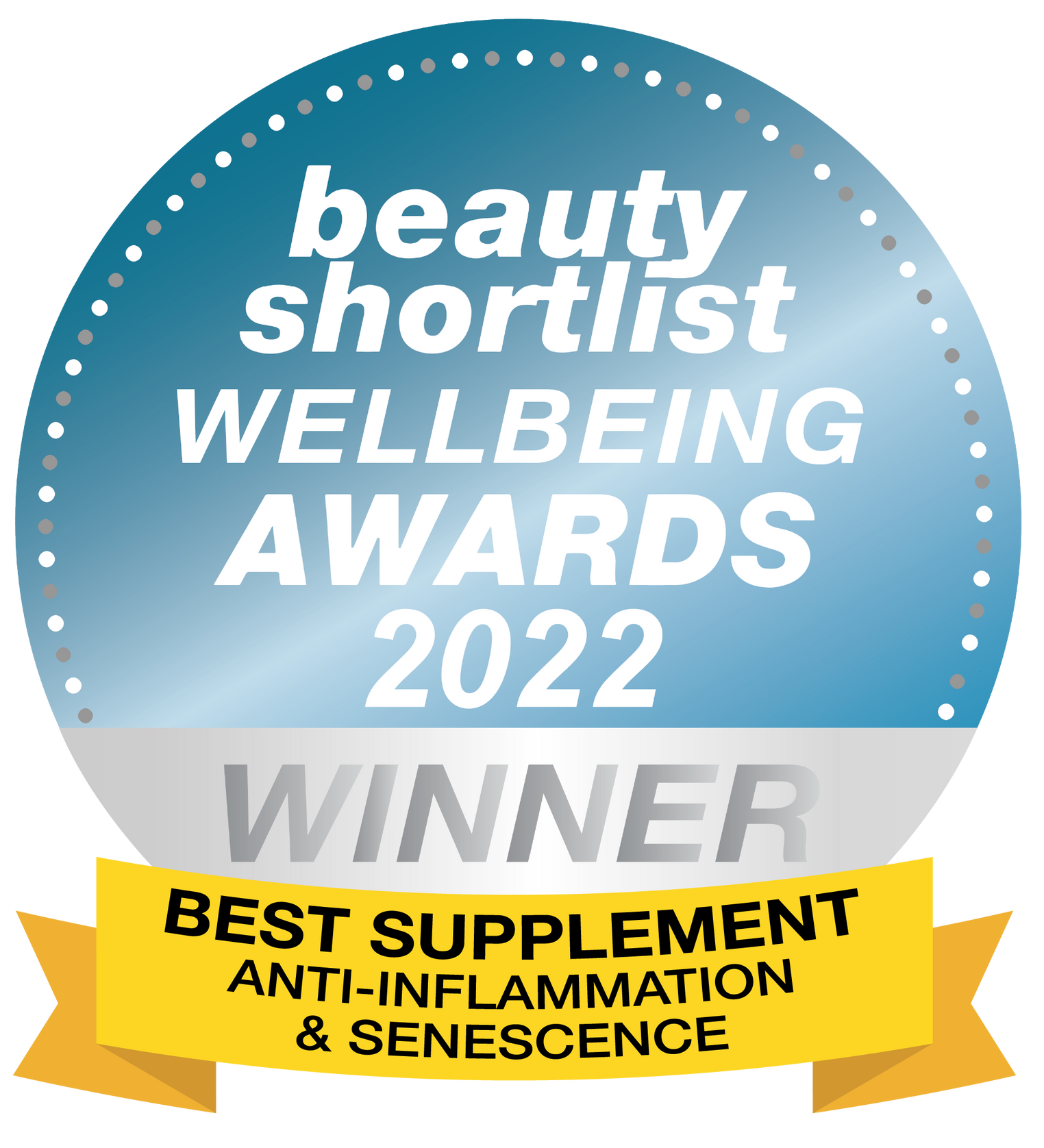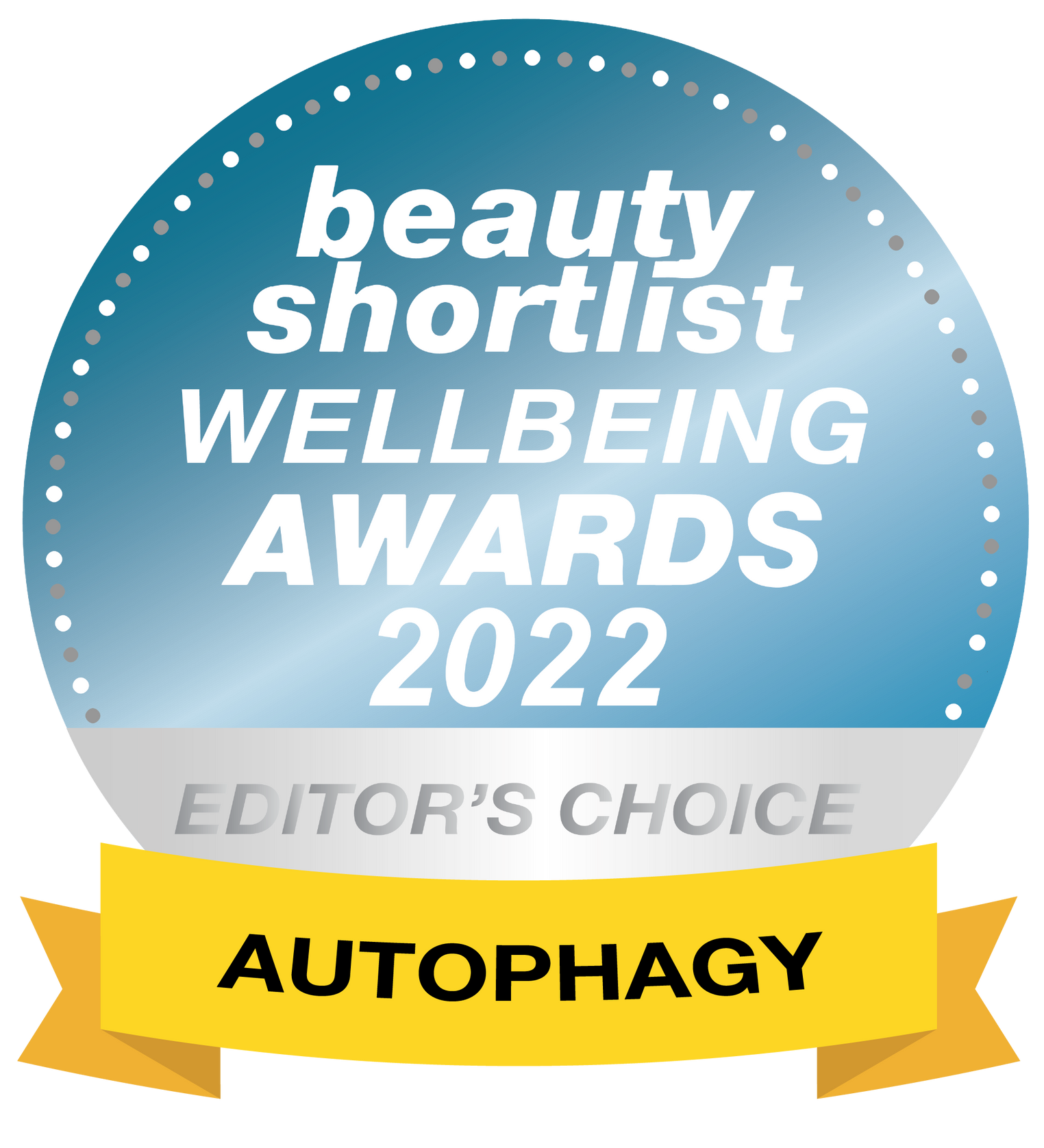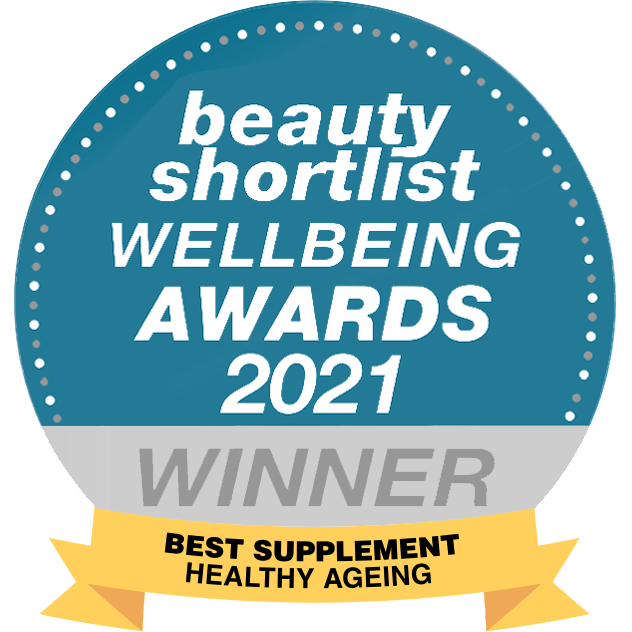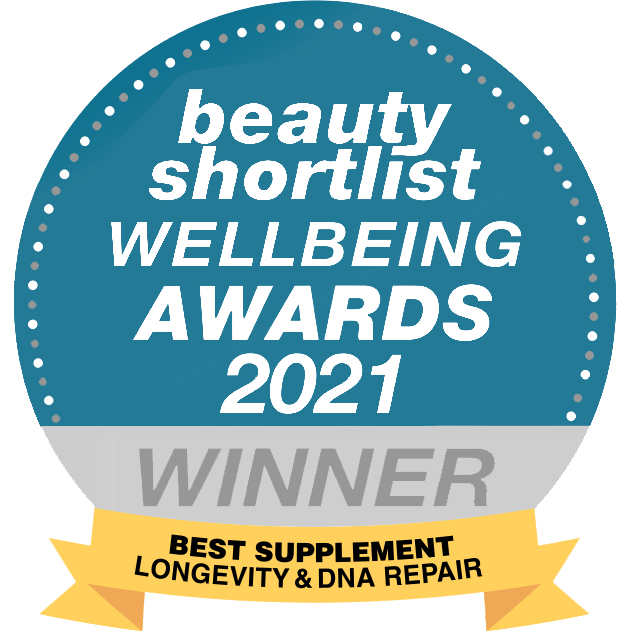How to Feel Younger: Support Your Circadian Rhythm with Biohacking
Can Biohacking Your Internal Clock Slow Aging?
Do you feel sluggish at certain times of the day or struggle with low energy despite a full night’s sleep? Your circadian rhythm, the body’s 24-hour clock, governs energy, mood, and longevity. By optimizing it through biohacking, you can enhance vitality and support anti-aging.
TL;DR: Key Takeaways for Circadian Health
A well-regulated circadian rhythm boosts energy, mood, and longevity. Disruptions accelerate aging and increase disease risk. Biohacking strategies—consistent sleep schedules, light exposure, and NMN or plant-based melatonin supplementation—optimize your internal clock, supporting cellular repair and anti-aging. Follow these steps to reset your rhythm and feel younger.
Table of Contents
-
What Is Circadian Rhythm?
-
How Circadian Rhythm Impacts Sleep and Hormones
-
Why Circadian Rhythms Get Disrupted
-
How Aging Affects Circadian Health
-
Biohacking Your Circadian Rhythm for Longevity
-
How Stress Impacts Nighttime Sleep
-
Conclusion: Reset Your Clock for Vitality
-
FAQ
-
Glossary
Science Snapshot: Circadian Rhythm and Longevity
-
Master Clock: The suprachiasmatic nucleus (SCN) in the hypothalamus regulates daily rhythms.
-
Hormonal Control: Light triggers cortisol for wakefulness; darkness boosts melatonin for sleep.
-
Health Risks: Disrupted rhythms are linked to obesity, heart disease, and neurodegenerative disorders.
-
Biohacking Tools: NMN (Nicotinamide Mononucleotide) and plant-based melatonin support NAD+ levels and sleep, aiding cellular repair and circadian alignment.
-
Sirtuins: Proteins that regulate circadian function and longevity, enhanced by biohacking interventions.
What Is Circadian Rhythm?
The circadian rhythm is a 24-hour cycle controlling sleep, metabolism, and hormone release. Driven by the suprachiasmatic nucleus (SCN), it responds to external cues like light and temperature. A synchronized rhythm supports energy and longevity, while disruptions impair biohacking goals for anti-aging.
How Circadian Rhythm Impacts Sleep and Hormones
Light exposure regulates melatonin (sleep hormone) and cortisol (wakefulness hormone). At night, melatonin peaks to promote rest. Morning light boosts cortisol for alertness. Irregular light exposure, like blue light from screens, suppresses melatonin, disrupting sleep and anti-aging processes tied to biohacking.
Why Circadian Rhythms Get Disrupted
Common causes include:
-
Jet Lag: Time zone shifts misalign your internal clock.
-
Blue Light: Screens mimic daylight, delaying melatonin production.
-
Shift Work: Inconsistent schedules confuse the SCN.
-
Irregular Sleep: Varying bedtimes disrupt hormonal balance.
-
Hormonal Changes: Menstrual cycles or stress can impair sleep quality.
How Aging Affects Circadian Health
Aging weakens the circadian clock’s response to light and other cues, leading to:
-
Shorter sleep duration
-
Earlier wake times
-
Reduced cognitive clarity at night
Research links circadian disruption to Alzheimer’s, heart disease, and metabolic issues. NAD+ (Nicotinamide Adenine Dinucleotide), a molecule critical for cellular repair, supports circadian alignment and longevity through biohacking.
Biohacking Your Circadian Rhythm for Longevity
1. Optimize Light Exposure
-
Get morning sunlight to boost cortisol and align your clock.
-
Limit blue light at night using blockers or device settings.
-
Natural sources: Sunlight, dim evening lighting.
2. Maintain Consistent Sleep Schedules
-
Wake at the same time daily, even on weekends.
-
A fixed routine strengthens circadian stability.
3. Exercise Outdoors
-
Physical activity reduces stress and enhances light-driven circadian cues.
-
Example: A 30-minute morning walk supports hormonal balance.
4. Take Short Naps
-
Limit naps to 20 minutes in the early afternoon.
-
Avoid late naps to prevent sleep disruption.
5. Support NAD+ with NMN
-
NMN, found in broccoli and avocados, boosts NAD+ levels for cellular repair.
-
Biohacking Tip: Take NMN supplements in the morning to align with circadian rhythms.
6. Use Plant-Based Melatonin
-
Plant-based melatonin, sourced from tart cherries or walnuts, promotes sleep onset.
-
Biohacking Tip: Take 1–3 mg of plant-based melatonin 30 minutes before bed to support your chronotype, as discussed in Unlock Your Chronotype.
-
Example: Youth & Earth’s PM product combines plant-based melatonin with magnesium and L-theanine for enhanced sleep support.
7. Manage Stress with Chillaxine
-
Chillaxine, containing ashwagandha and GABA, reduces nighttime stress to improve sleep quality.
-
Biohacking Tip: Take Chillaxine in the evening to calm the mind and support circadian alignment.
8. Avoid Late Stimulants
9. Create a Bedtime Routine
-
Use calming rituals like reading or a warm bath.
-
Keep your bedroom cool (~20°C), dark, and quiet.
NMN vs. Other Supplements for Circadian Health
-
NMN: Boosts NAD+ for cellular repair and circadian alignment. Found in broccoli and avocados. Best taken in the morning.
-
Plant-Based Melatonin: Promotes sleep onset by mimicking darkness cues. Found in tart cherries and walnuts. Best taken 30 minutes before bed, as in Youth & Earth’s PM product (melatonin, magnesium, L-theanine).
How Stress Impacts Nighttime Sleep
Stress at night raises cortisol levels, which suppress melatonin production and delay sleep onset. This disruption weakens circadian alignment, reducing sleep quality and accelerating aging. Biohacking solutions like Chillaxine, with ashwagandha and GABA, calm the nervous system, supporting relaxation and longevity. Pair with a consistent bedtime routine for optimal results.
Conclusion: Reset Your Clock for Vitality
A synchronized circadian rhythm enhances energy, mood, and longevity. Biohacking strategies—light management, consistent routines, NMN, plant-based melatonin, and Chillaxine—support anti-aging by optimizing cellular repair and hormonal balance. Checklist:
-
Get morning sunlight daily.
-
Take NMN in the morning to boost NAD+.
-
Use plant-based melatonin (e.g., PM product) 30 minutes before bed.
-
Take Chillaxine to reduce nighttime stress.
-
Maintain a fixed wake time.
-
Limit blue light exposure at night.
FAQ
How Does Biohacking Support Circadian Rhythm?
Biohacking aligns sleep, light exposure, and supplements like NMN and plant-based melatonin with your internal clock, enhancing longevity and energy.
Can Plant-Based Melatonin Improve Sleep Quality?
Plant-based melatonin, found in tart cherries, supports sleep onset and circadian alignment, especially when paired with magnesium and L-theanine.
How Can Older Adults Reset Their Circadian Rhythm?
Morning light exposure, consistent wake times, NMN, and plant-based melatonin help recalibrate the aging clock.
Why Is Blue Light Harmful to Sleep?
Blue light suppresses melatonin, tricking your body into staying awake, disrupting circadian alignment.
How Does Stress Affect Nighttime Sleep?
Nighttime stress raises cortisol, delaying melatonin production and reducing sleep quality, which impacts longevity.
Glossary
-
Circadian Rhythm: A 24-hour cycle regulating sleep, metabolism, and hormones.
-
NAD+: Nicotinamide Adenine Dinucleotide, a molecule supporting cellular repair and circadian health. Learn more about NAD+ benefits.
-
NMN: Nicotinamide Mononucleotide, a NAD+ precursor for longevity, found in broccoli.
-
Plant-Based Melatonin: A sleep-promoting hormone sourced from tart cherries or walnuts, as in Youth & Earth’s PM product.
-
Sirtuins: Proteins regulating circadian function and anti-aging processes.
-
SCN: Suprachiasmatic Nucleus, the brain’s master clock for circadian rhythms.
About the Author
Ed Van Harmelen is the founder of Youth & Earth and a passionate advocate for biohacking and anti-aging since 2017. He has been featured in numerous podcasts and wellness publications for his insights on longevity, biohacking, and the science behind supplements. Ed is widely regarded as a pioneer in bringing cutting-edge anti-aging tools to everyday consumers, making the benefits of advanced biohacking science both accessible and actionable. He is also the founder of optimallyme.com, a leading B2B health optimisation platform, and V14, an all-in-one longevity supplement.






